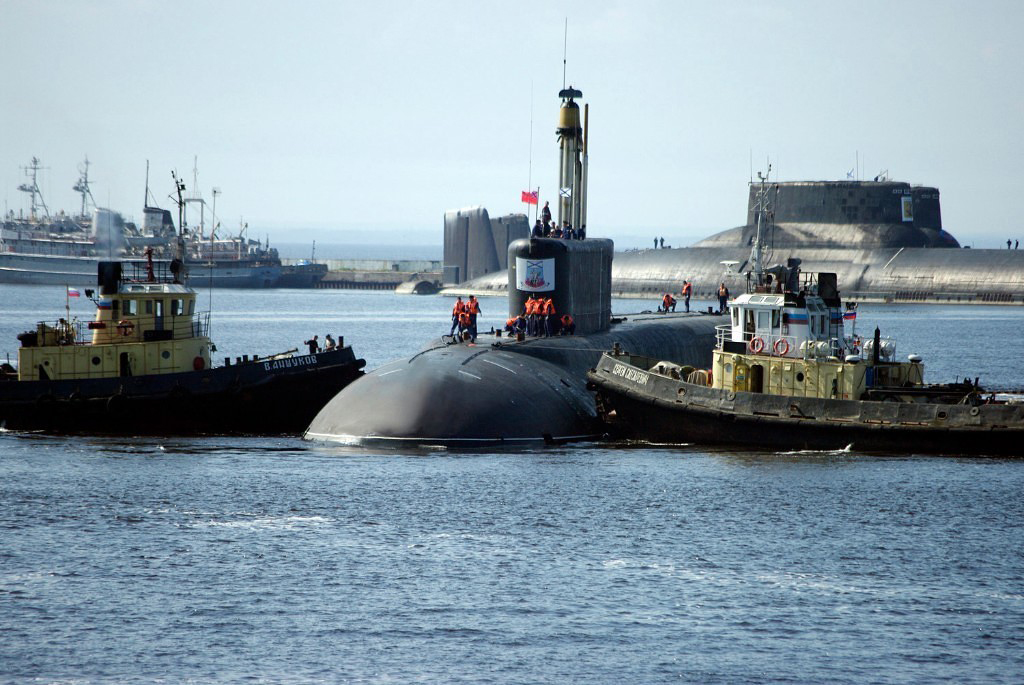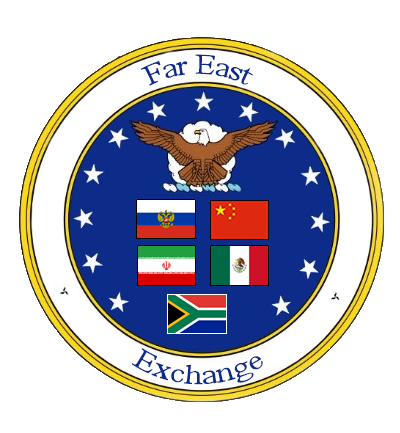
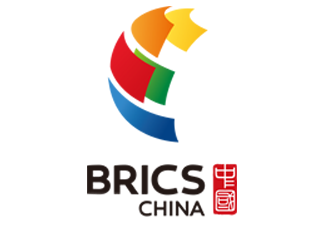




Limited Edition
November |

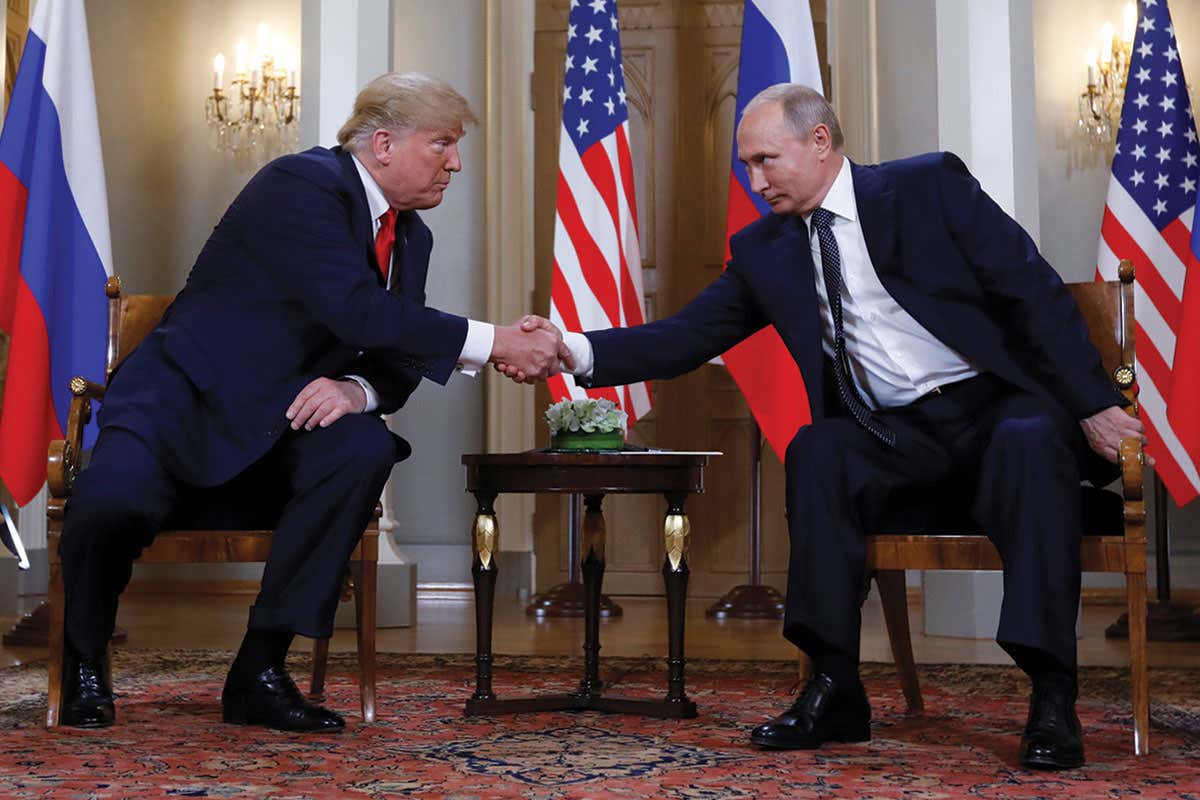
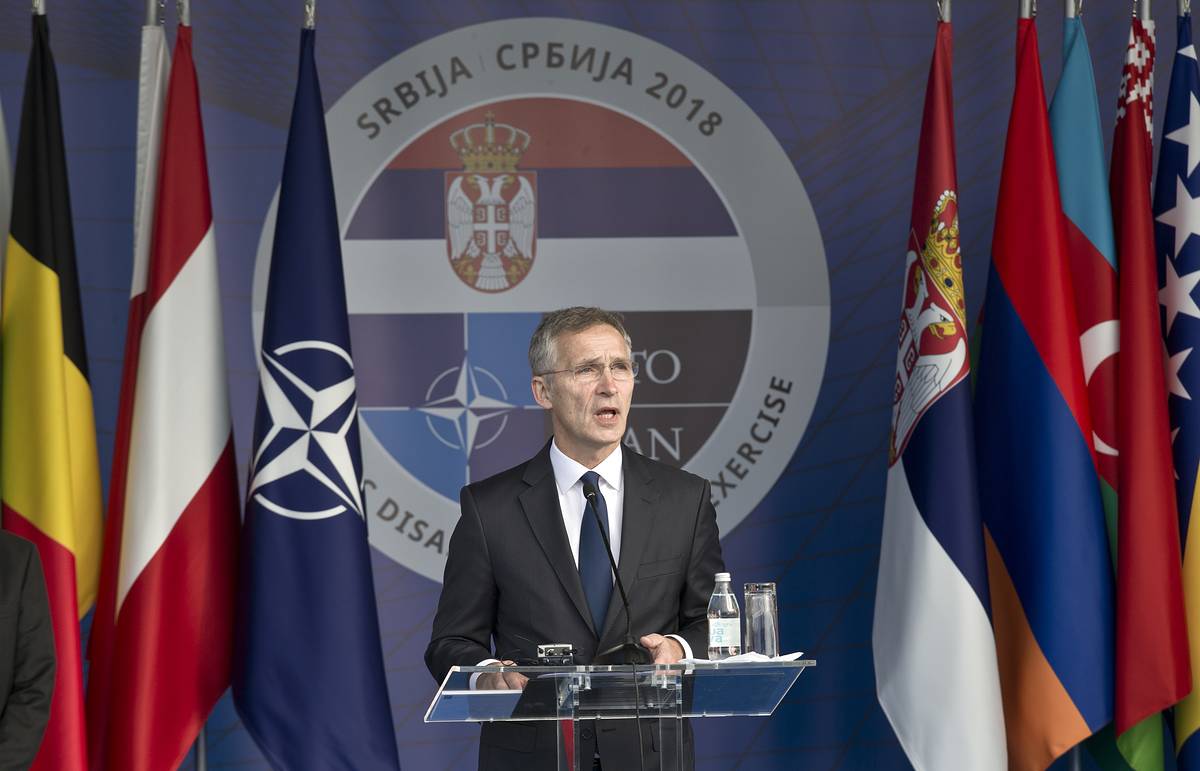
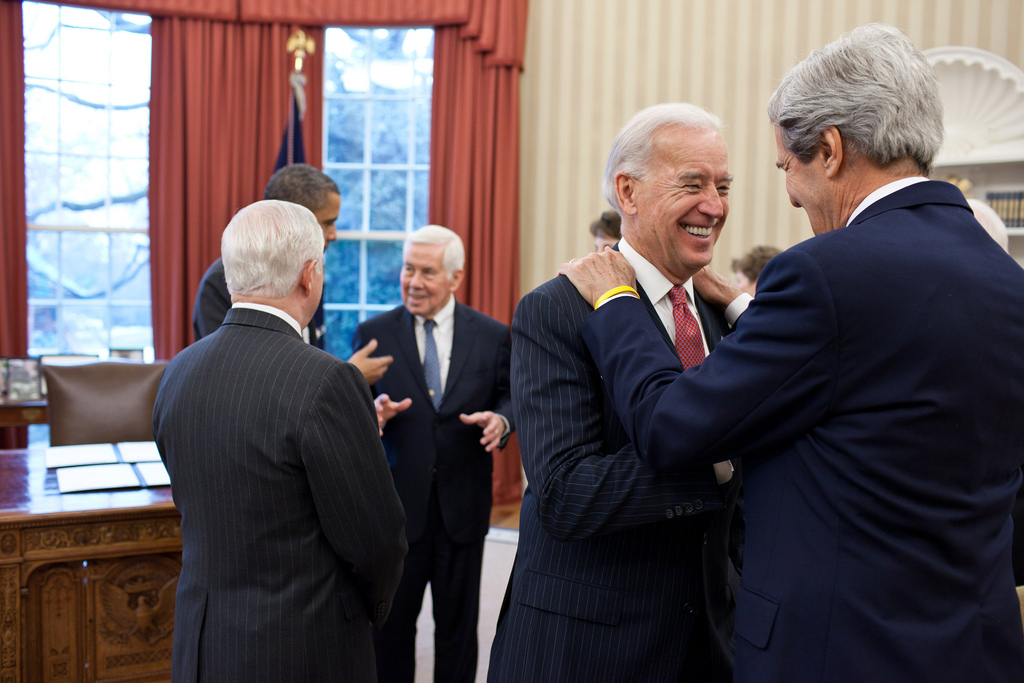

 The November Ticker
The November Ticker 
"Triggering Transparency"



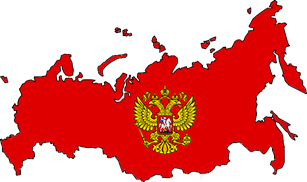
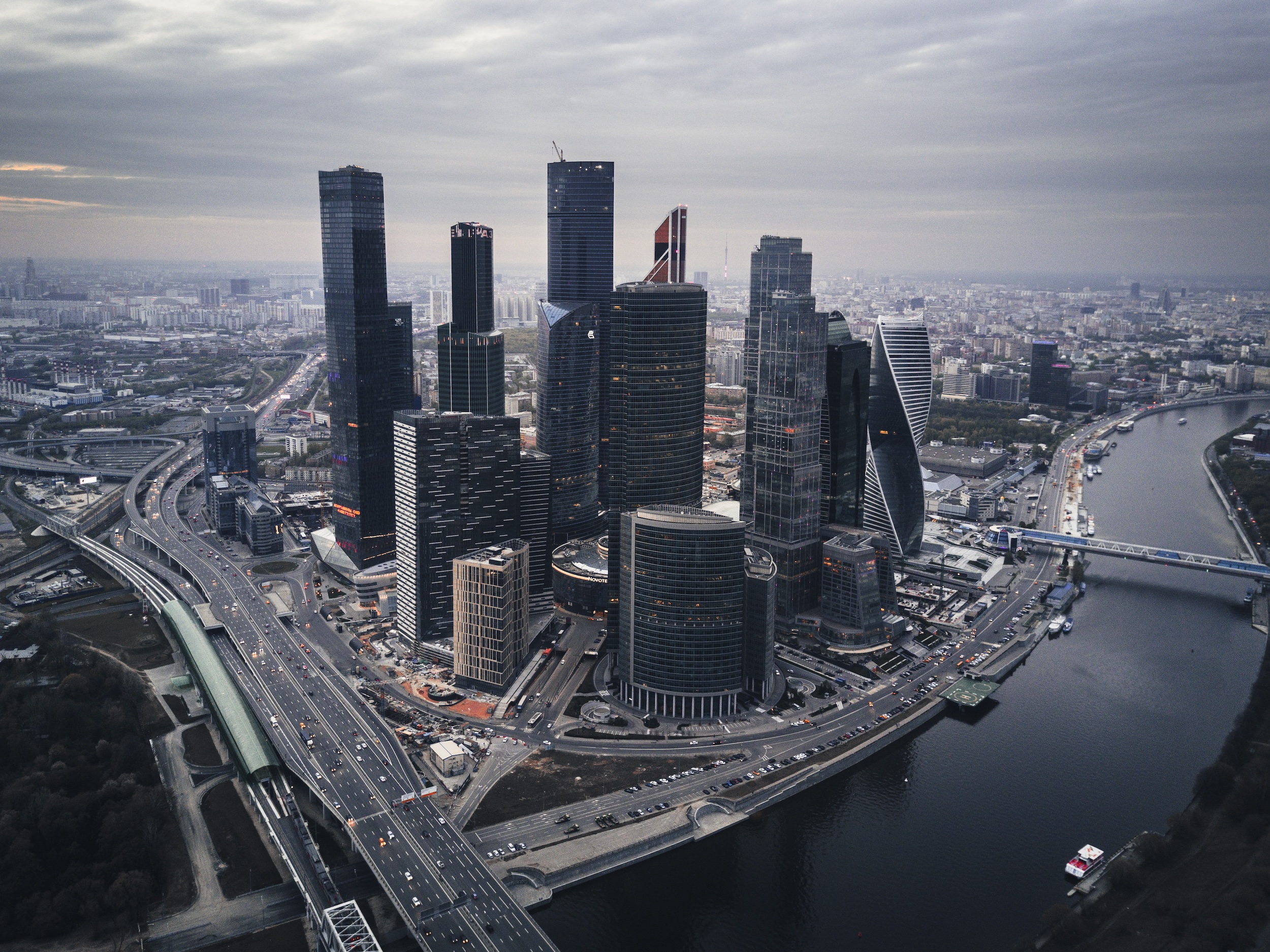
In Depth
 Region 1 - Northern Division (Moscow)
Region 1 - Northern Division (Moscow) 

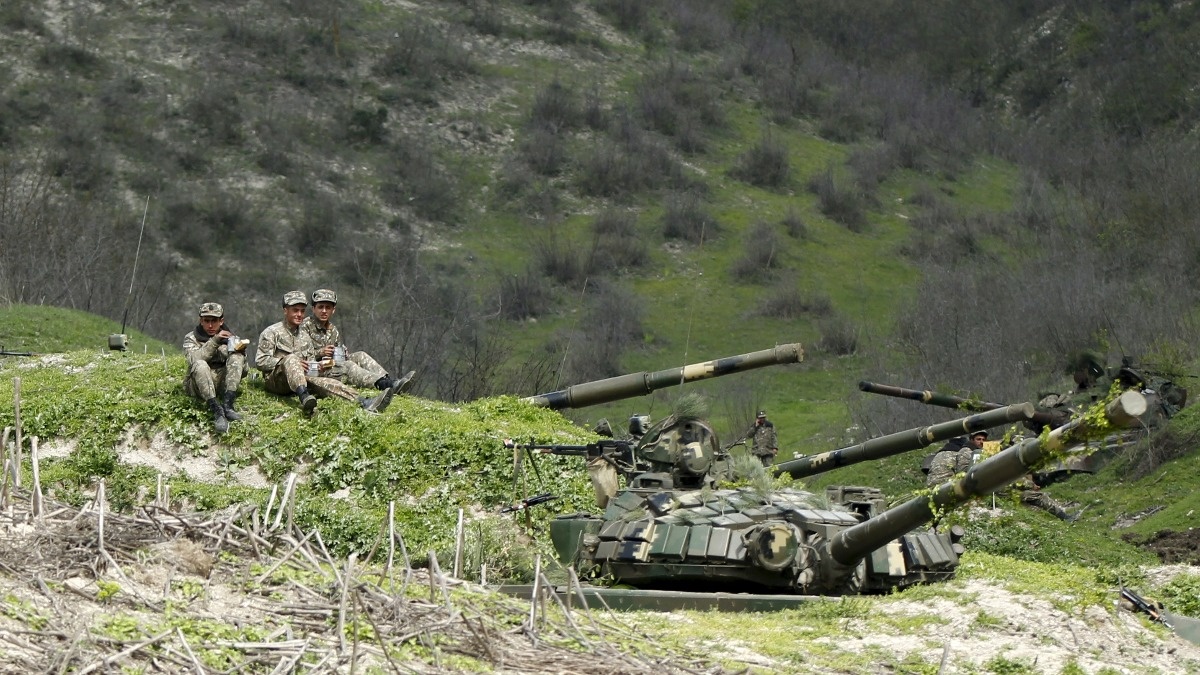
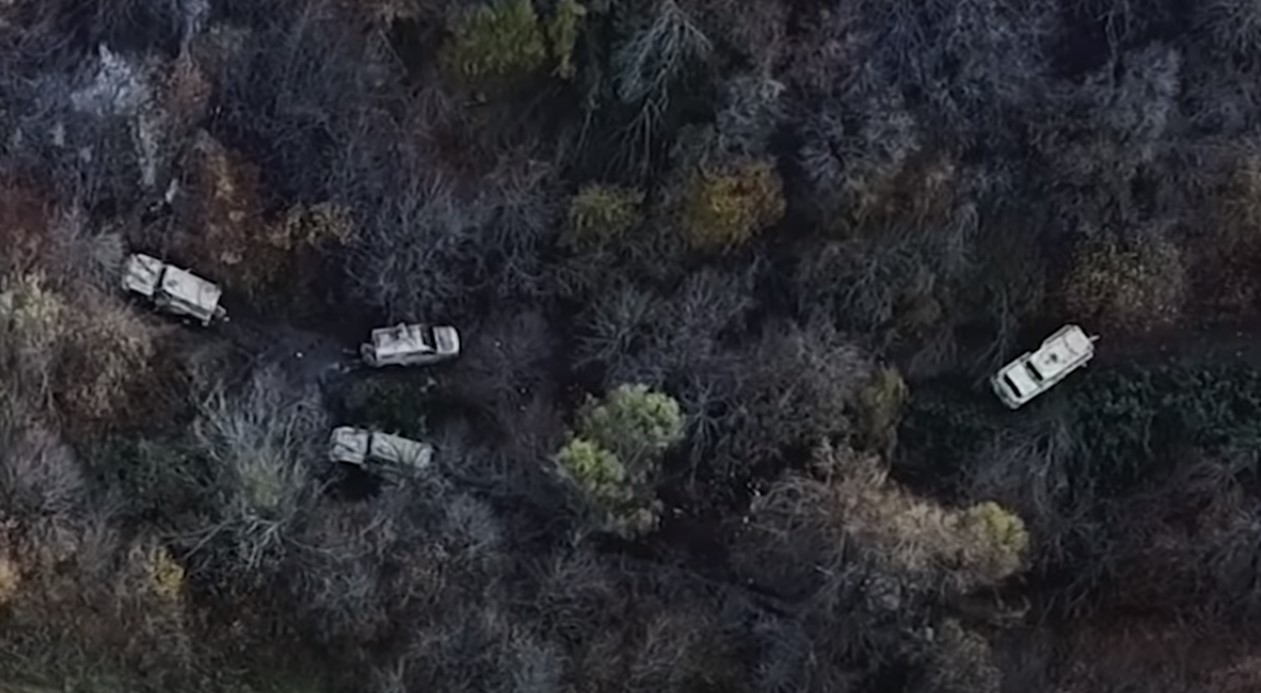
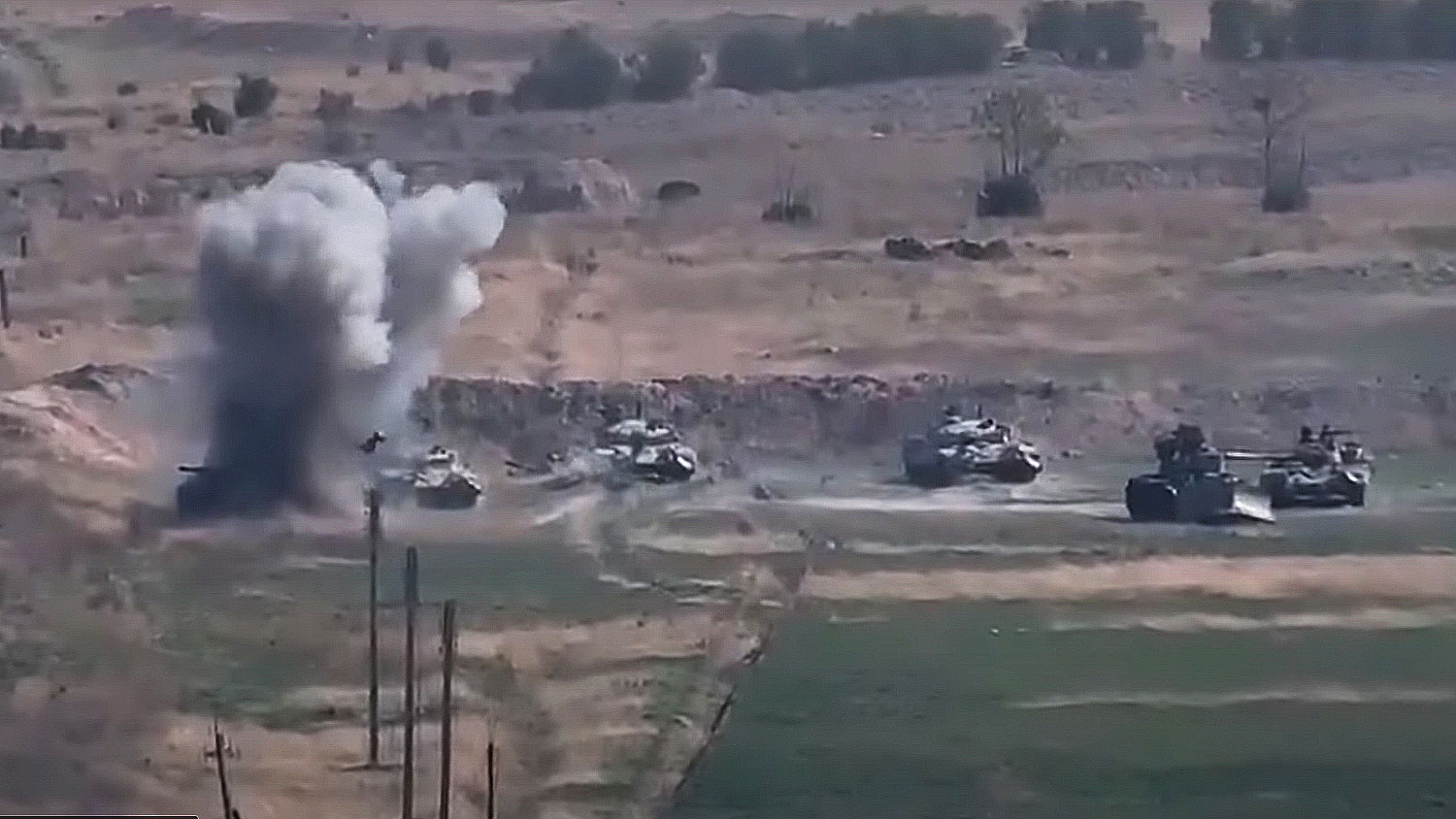

|
|
  |
|
  |
|
 New START (Nuclear Arms) Treaty in Major Limbo
New START (Nuclear Arms) Treaty in Major Limbo 
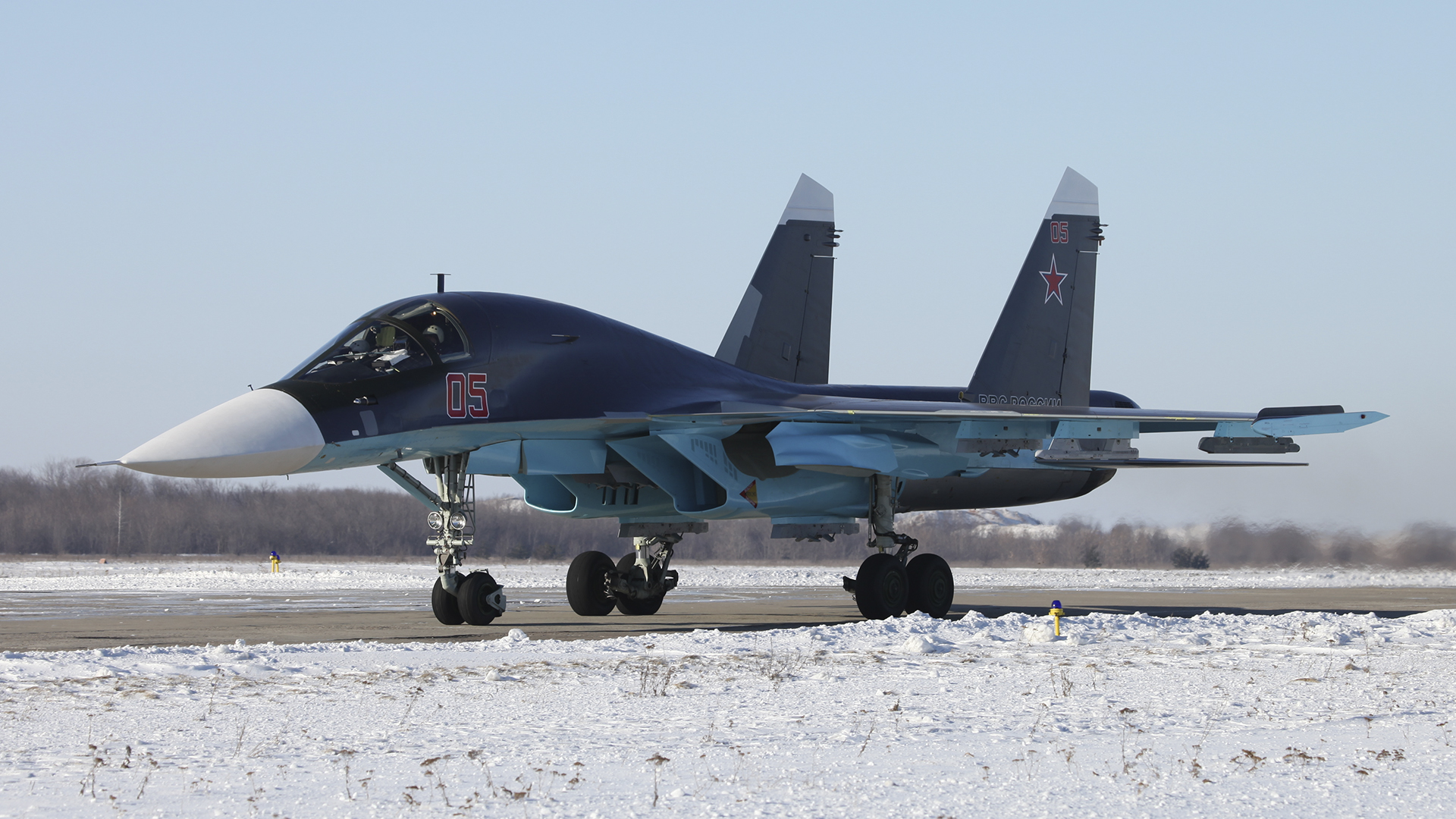
20.10.2020
05:15 PST
SF Bay Area, CA – Fiercly, military tensions between the US and Russia is flaring higher over the status of the expiring START treaty. Militarily, the US has moved nuclear weapons closer to Russia's border while an agreement to freeze production of new missiles haved failed. Moreover, Russia has taken offensive strides in countering US threats with ongoing military drills aimed at breaching Western lines of control. Meanwhile, the conflict between Armenia and Azerbaijan is slowly establishing a new Western war front over nuclear tensions in Russia. Effectively, Turkey is exposing the facts behind Yemen's war as an economic blockade in Syria is magnified from Armenia.
Openly, tensions between Armenia and Azerbaijan are impacted from military action in Syria which fuels the ongoing war in Yemen. Accordingly, any new START Treaty between the US and Russia hangs in major limbo.
Recently, Azerbaijan President Ilham Aliyev stated, "It is not our fault that the situation is still in a ‘hot phase’. I have repeatedly said that Azerbaijan is committed to settlement principles which were produced by the longstanding negotiating process. We are ready to stop hostilities as early as tomorrow if Armenia behaves constructively in negotiations. However, the statements that we hear from Yerevan run completely counter to the basic principles ironed out by the OSCE Minsk Group." Meanwhile, tension over the new START treaty has already spilled into Iran as nuclear weapons remain a major priority for any new war against the West.
 Nagorno-Karabakh Ceasefire Signals a Greater-World War
Nagorno-Karabakh Ceasefire Signals a Greater-World War 
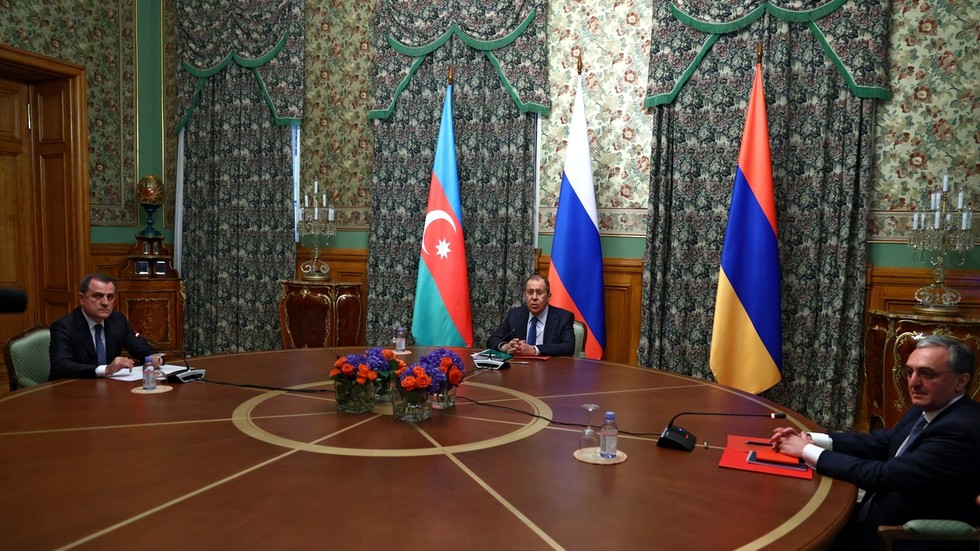
02.01.2020
07:08 PST
SF Bay Area, CA – Aggressively, Armenia is sounding the economic and military alarm on growing Western sentiment for facism and debt as Turkey moves to escalate tensions in the region. Economically, Armenia is poised to expand beyond the limits of the EU as economic sanctions against Russia have an adverse affect in Europe. Furthermore, military expansion for NATO is thwarted by the war in Syria which has accelerated development of long-range cruise missiles in Russia, China, Iran and India among others. Tenaciously, Armenia overshadows the truce with Azerbaijan as Russian weapons build a supply chain in the region.
DETAILS TO FOLLOW
 Russia Expands Nuclear Arsenal with Naval Aviation
Russia Expands Nuclear Arsenal with Naval Aviation 
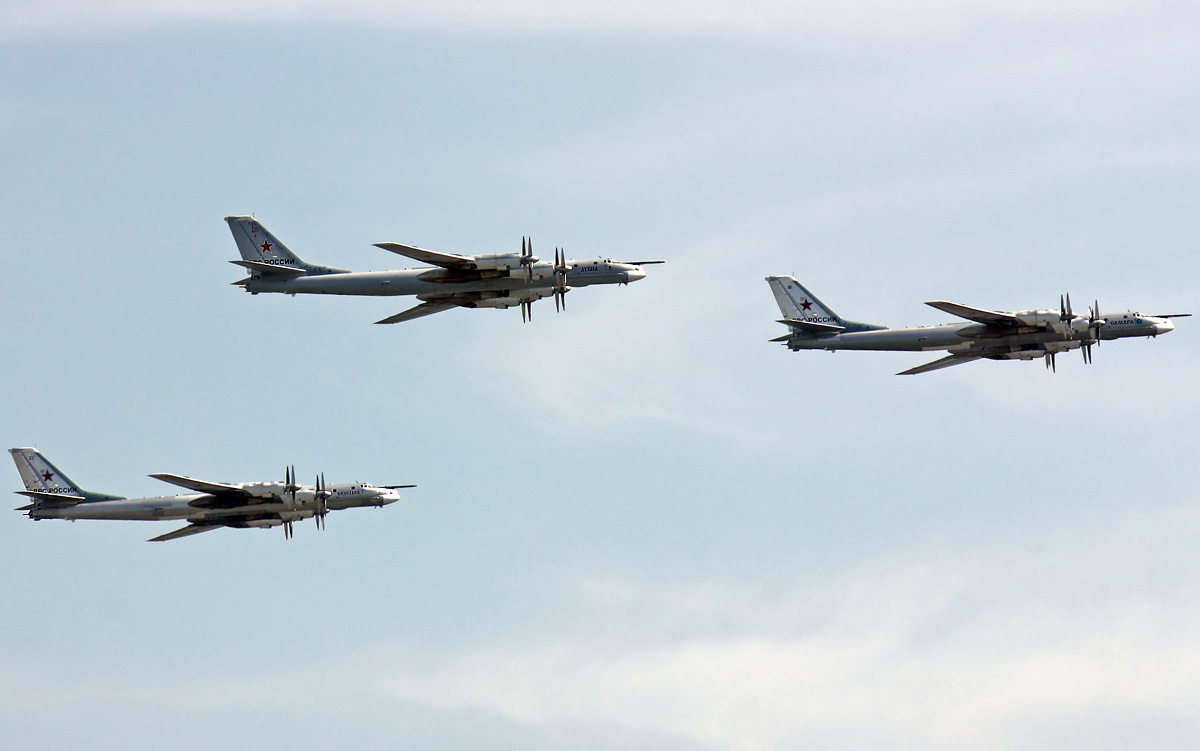
20.10.2020
07:58 PST
SF Bay Area, CA – Strategically, Russia is building a reputable nuclear arsenal which includes new weapons such as the: Zircon, Vympel, Oniks and Kalibr missiles. Meanwhile, the delivery of such advanced weapon systems is improved with expanding naval aviation tactics which increases the overall performance of Russia's nuclear arsenal. Readily, the development of improved weapon systems increase from the demand in global security left over the diminshing war on terror. Promptly, Russia's Northern and Pacific Fleets prepare for development of new advanced nuclear weapons as tensions rise over an Indo-Pacific alliance in the US. Likewise, tensions are rising over the expiring START Treaty which is overshadowed from US military threats to Iran, Russia and China.
Recently, Russia's Northern Fleet deployed for anti-submarine drills as Tupolev Tu-95MS strategic bombers followed a scheduled flight from the Arctic Circle to the Bering and Okhotsk Sea. Furthermore, Russia's Pacific Fleet deployed the upgraded Marshal Shaposhnikov frigate for sea trials.
Accordingly, Russia's Northern Fleet press office stated, "Today the crew of the Northern Fleet’s frigate Fleet Admiral Kasatonov started practicing assignments of anti-submarine warfare drills in the Barents Sea in compliance with the Fleet’s combat training plans for the summer training period." Actively, the crew performed weapon checks on its state-of-the-art modernized arsenal which included a Kalibr cruise missile. Moreover, Russia's Aerospace Force routinely expand naval aviation routes in support of combat readiness while modernizing the infrastructure for new advanced weapons. Effectively, Russia's Defense Ministry mentioned, "The aircraft of Russia’s Aerospace Force perform all the flights in strict compliance with the international rules of using the airspace."
[Top]

![]()

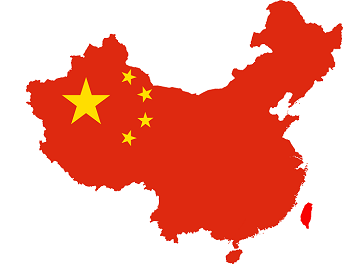

 Region 2 - Southern Division (Shanghai)
Region 2 - Southern Division (Shanghai) 

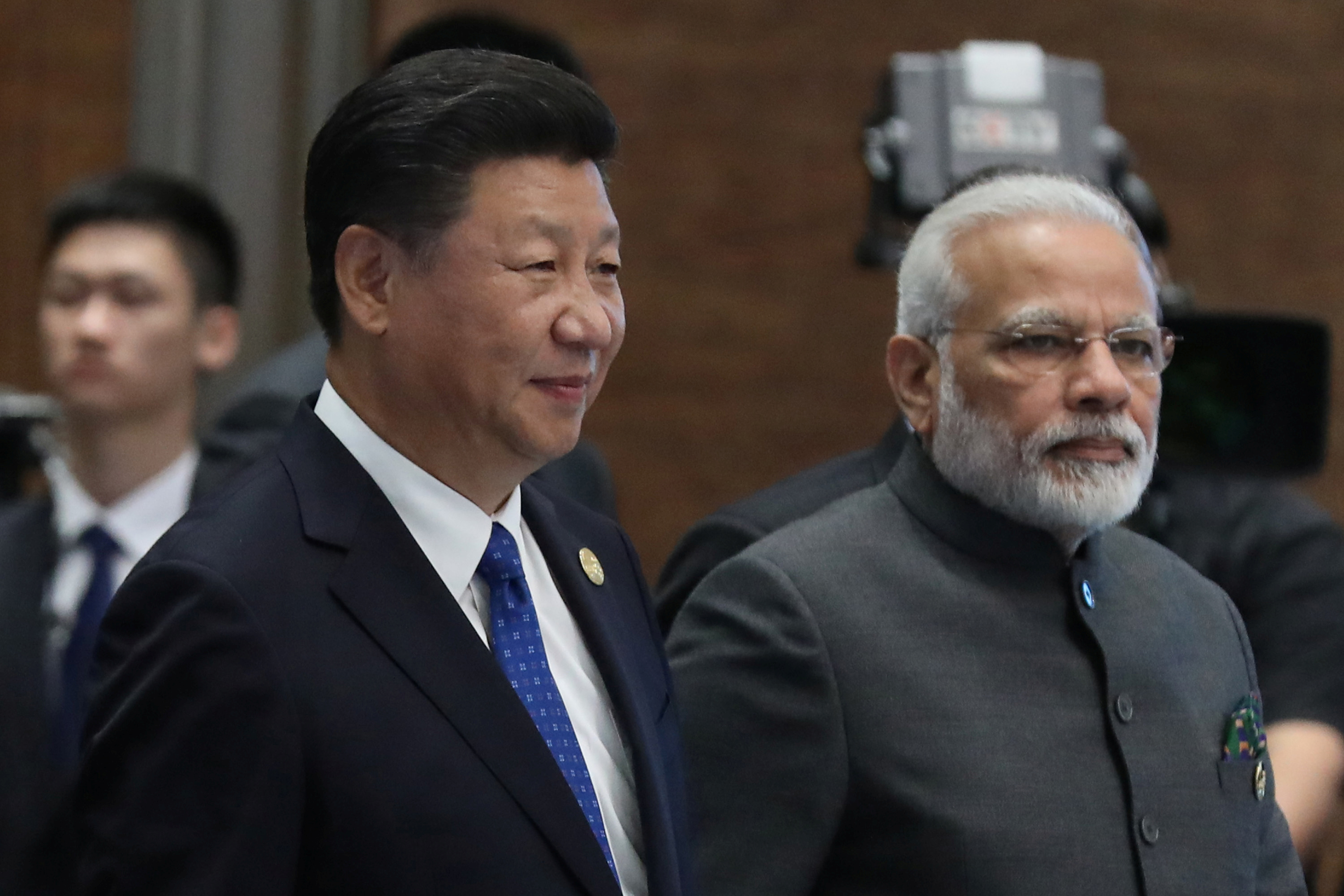

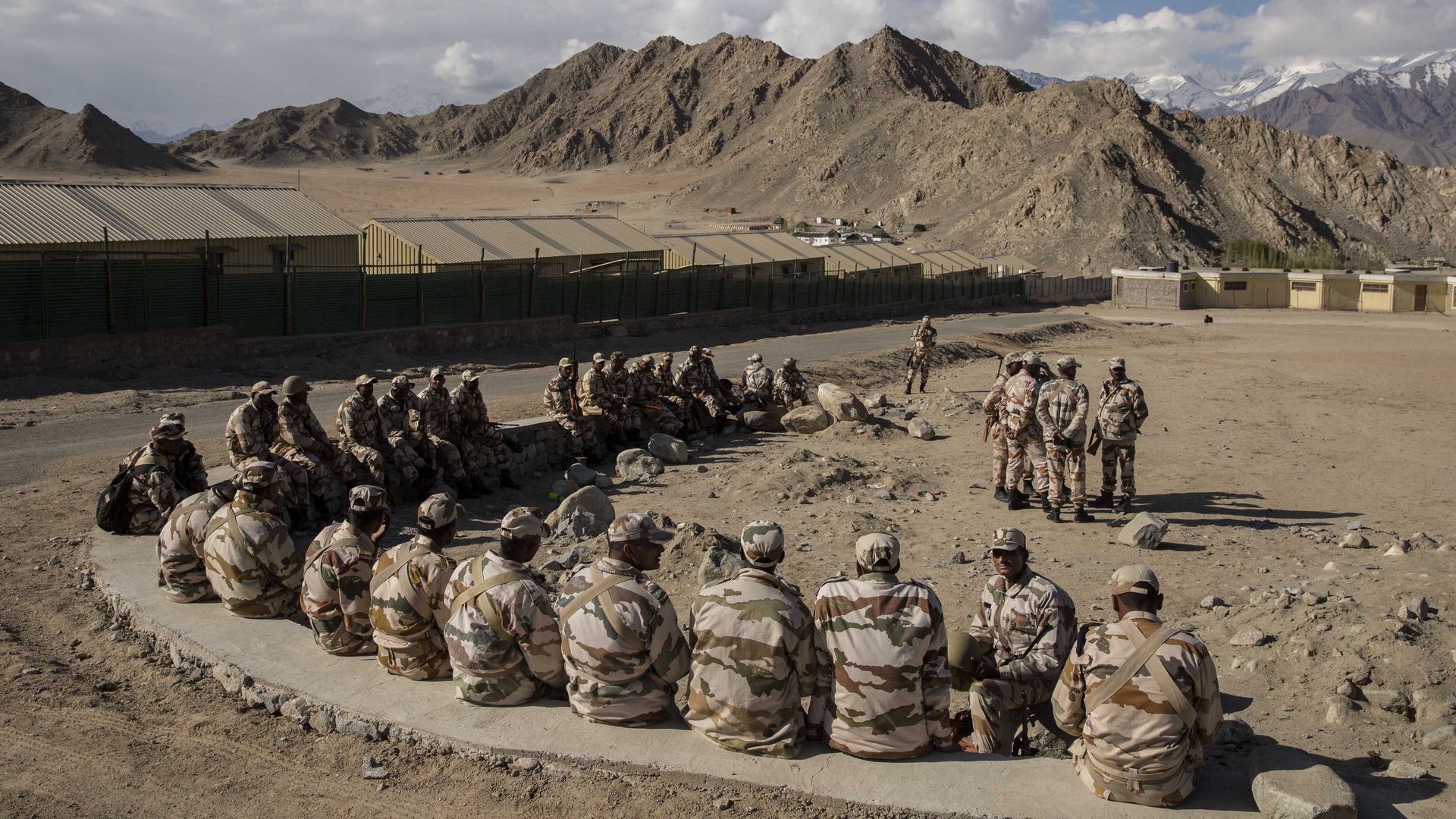

|
|
  |
|
  |
|
 China Expands Wartime Scenario Against Taiwan
China Expands Wartime Scenario Against Taiwan 
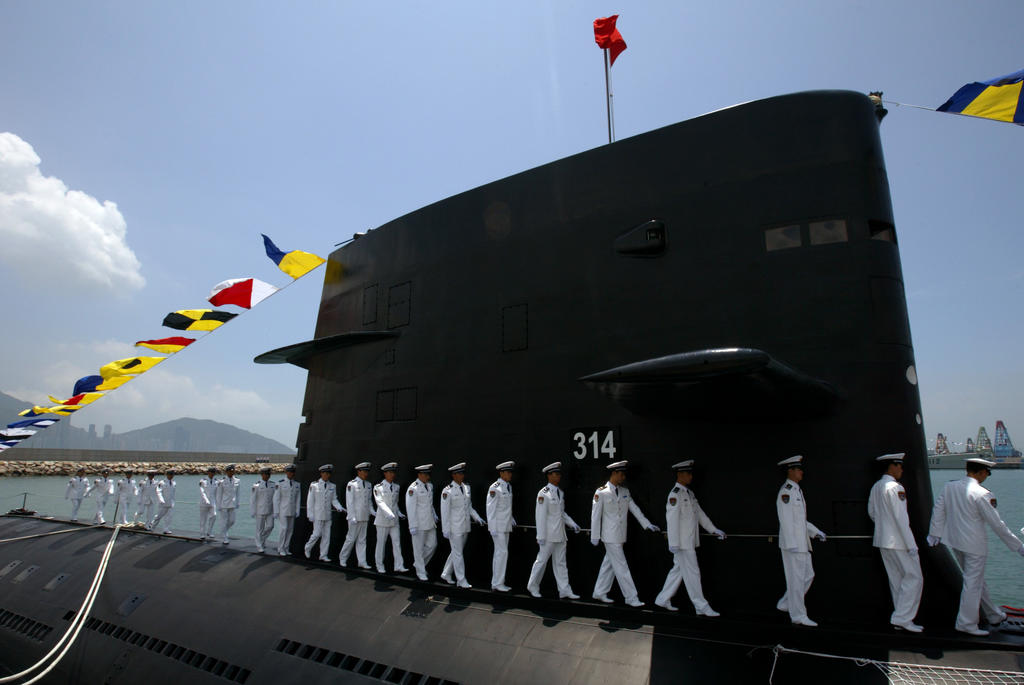
24.10.2020
01:38 PST
SF Bay Area, CA – Rashly, the US is building a naval offensive in the South China Sea in support for Taiwan as military tensions escalate over portrayed economic terrorism in the West. Practically, the US is engaging in hostile activities on-board the USS Ronald Reagan which is having an adverse impact in South-East Asia. Economically, ASEAN nations are sidelined over stagnation in trade between Japan and China as Taiwan backslides with denuclearization from the Korean War armistice. Regionally, the US trade war with China establishes a military war front over long-lasting hostilities that persist in the South China Sea. Frankly, the US has established a secondary naval front with the Philippines to antagonize peace efforts over Taiwan.
Additionally, the Philippines has become a staging post for pro-US forces while its war on drugs intensifies maritime stability for the nation. Politically, ASEAN nations are approaching a stalemate over hostilities in the South China Sea as China prepares to exacerbate US tensions in the region.
Militarily, China is racing to disrupt the fake news campaign which triggers insecurity as social injustice prevails in the US while undermining efforts to neutralize the trade war. Hence, support in Taiwan for US international laws are in fierce opposition as China expands wartime scenarios over military tensions in the South China Sea. Effectively, China's ongoing military drills signal a major response to US aggression in the South China Sea which induces economic relapse in the Philippines, Vietnam and Japan from the US fake news campaign. Ferociously, the Chinese foreign ministry spokesman Zhao Lijian stated, “Some country outside the region often comes all the way to hold massive military activities to flex its muscles, and that is the rooted reason that affects the stability in the South China Sea.”
 China Prepares for War Against US
China Prepares for War Against US
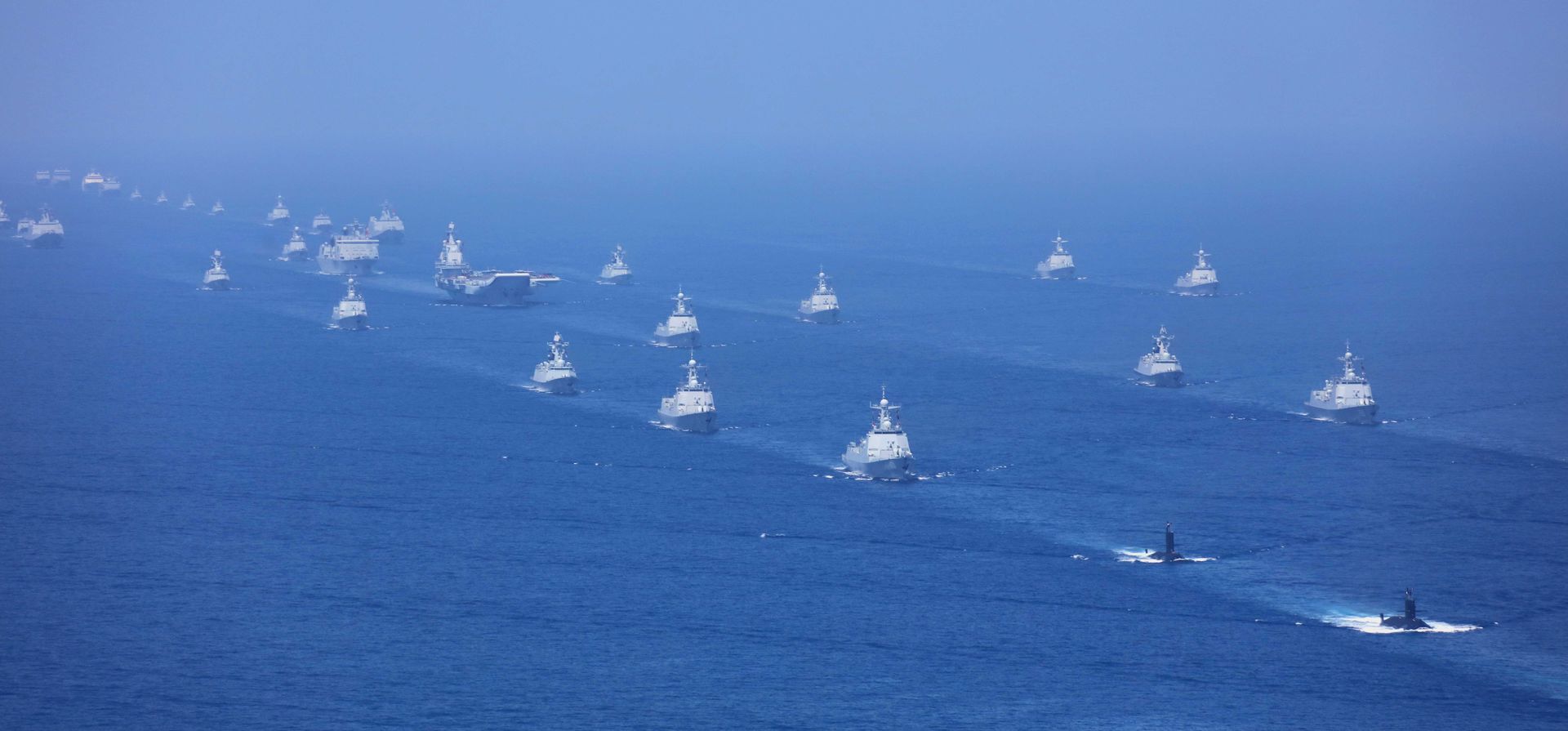
24.10.2020
04:22 PST
SF Bay Area, CA – Vigorously, China has deepened its military presence in the South China Sea to alleviate US military threats to the New Silk Road & Economic Belt which is reaching a political point of no-return in Taiwan. However, the US navy persist with threats over its aimless mission for an Indo-Pacific military alliance from India to Indonesia which is fueling hostilities in the Far East. Openly, the US Pacific Air Forces’ public affairs department mentioned, “Due to operational security, we are not able to discuss the specifics of the mission.” Alternatively, Indonesia is among many ASEAN nations at an economic crossroad of a second failed US attempt to integrate the region. Meanwhile, China is preparing for an invasion of Taiwan to expand a war against the US over the Oceania-based Indo-Pacific military alliance.
Distantly, Taiwan has acquired US short-range missiles to attack China's mainland which isolates the Taiwan Strait from the South China Sea and sets the stage for a Chinese invasion. Furthermore, the Malabar military drills later this year between India, Australia, Japan and the US face major obstacles over an invasion of Taiwan that stems from an Indo-Pacific military alliance.
Regionally, the Indo-Pacific alliance is known NATO's Quad which propels military tensions on the Taiwan Strait. Hastily, China has formed a naval offensive to breach enemy routes along the chained islands of Japan to Taiwan and Philippines to Indonesia. Appropriately, the major Subi, Fiery Cross and Mischief reefs in the South China Sea remain protected as US naval tensions accelerate over the inevitable invasion of Taiwan. Economically, the three major reefs in the South China Sea serves as the back-bone of the Silk Road Maritime Belt which leads into the Bay of Bengal and Arabian Sea. Intuitively, the US trade war with China sparks military tensions over a dollar-based economic roadmap on the South China Sea.
 ASEAN Dazed Over US-led Quad Alliance
ASEAN Dazed Over US-led Quad Alliance 

28.10.2020
05:21 PST
SF Bay Area, CA – Publicly, the US is straining to uphold its trade war with China as military drills near the border of ASEAN nations overshadow the political stage for an Indo-Pacific military alliance. Regionally, ASEAN nations have been sabotaged with US economic relapse as TPP, TPP2 and the Indo-Pacific alliance all weigh negatively on past economic growth. Additionally, the Indo-Pacific alliance is engineered from the renamed US-Quad Alliance which has failed for decades to unify South East Asia. Recently, Indonesia's Foreign Ministry admitted to being significantly bothered with China's two-day military drill near its border.
Reportedly, Indonesia's maritime security agency Bakamla stated, “[The Chinese coastguard] said they were patrolling in Chinese jurisdiction. We firmly rejected this and said this is our economic exclusive zone.” Keenly, China's coastguard has accelerated maritime security along Mischief Reef which lies alongside the Sulu Sea.
Steadily, the Chinese coastguard is paving the roadmap for ASEAN nations to regain economic losses bottled in decades of US stagnation. Yet, the renamed Quad alliance which includes: the US, Japan, Australia and India impedes on regional stability and is reaching a major peak over military tensions. Decisively, China's Foreign Minister Wang Yi mentioned, "[The aim of the Quad] is to trumpet the old-fashioned Cold War mentality to stir up confrontation among different groups and blocs and to stoke geopolitical competition, in a bid to maintain the dominance and hegemonic system of the US." Willingly, ASEAN nations must overstep the modern day challenges lingering with military hostilities spreading along the South China Sea.
[Top]

![]()
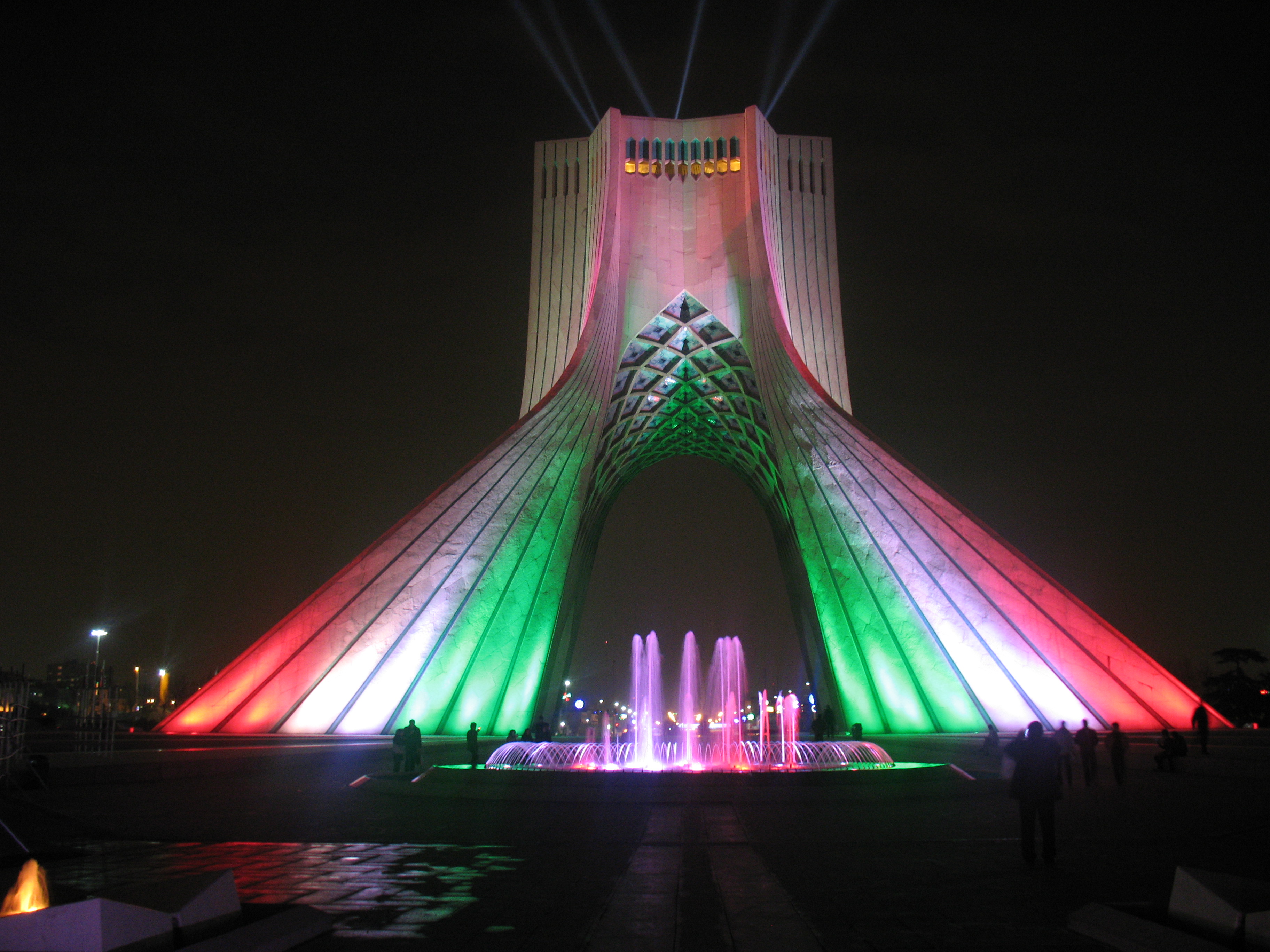
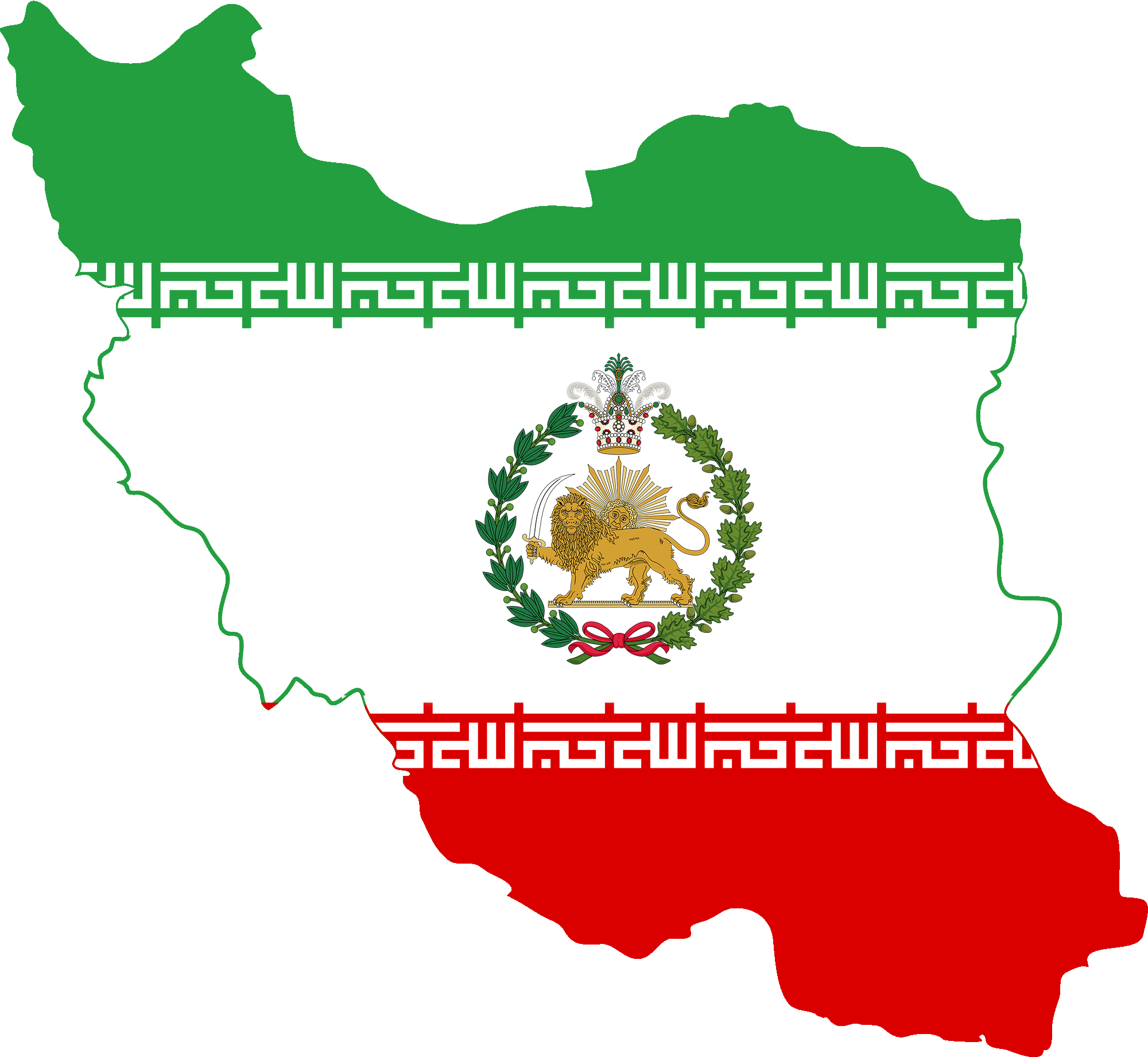
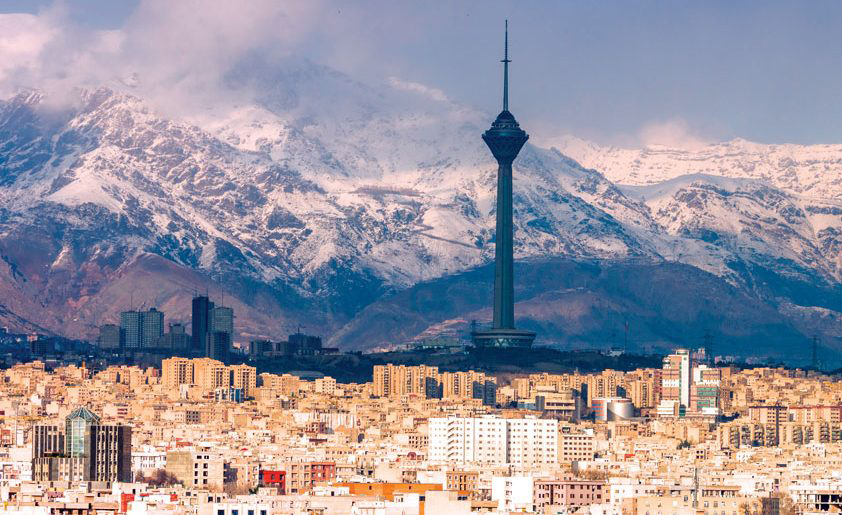
 Region 3 - Eastern Division (Tehran)
Region 3 - Eastern Division (Tehran) 

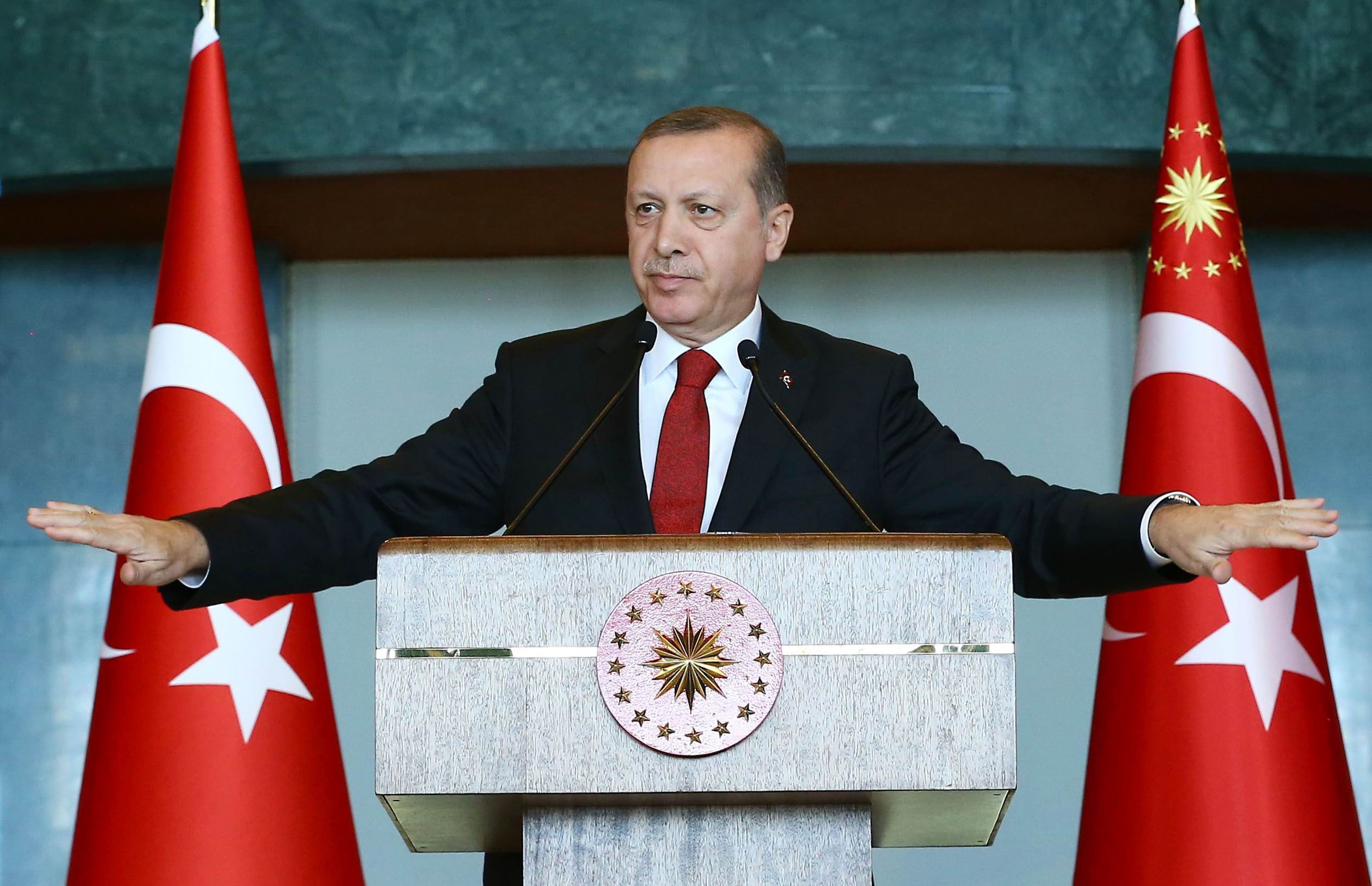
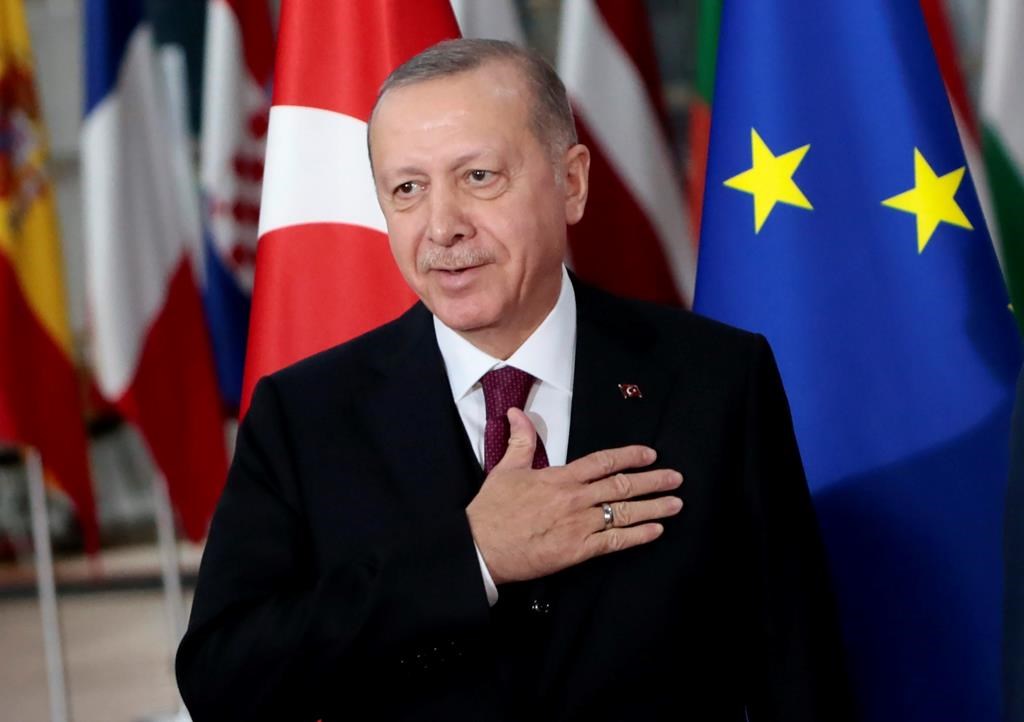
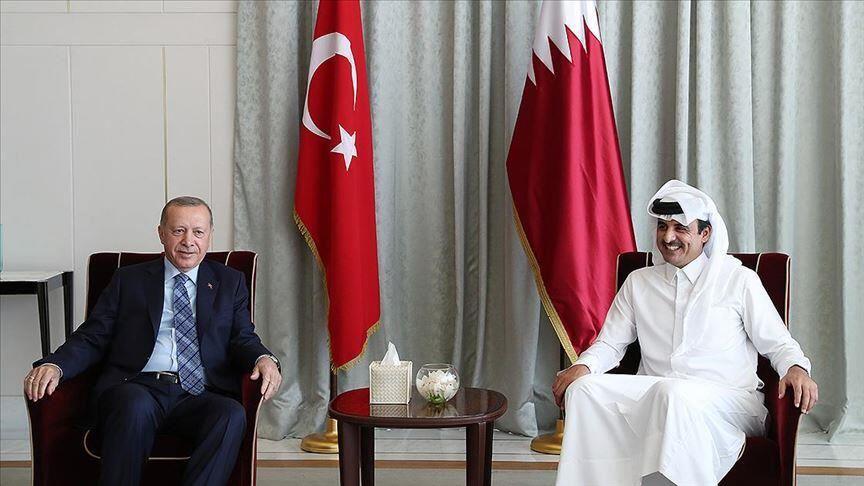

|
|
  |
|
  |
|
 UAE Weighs on US Troop Withdrawal Plans
UAE Weighs on US Troop Withdrawal Plans 
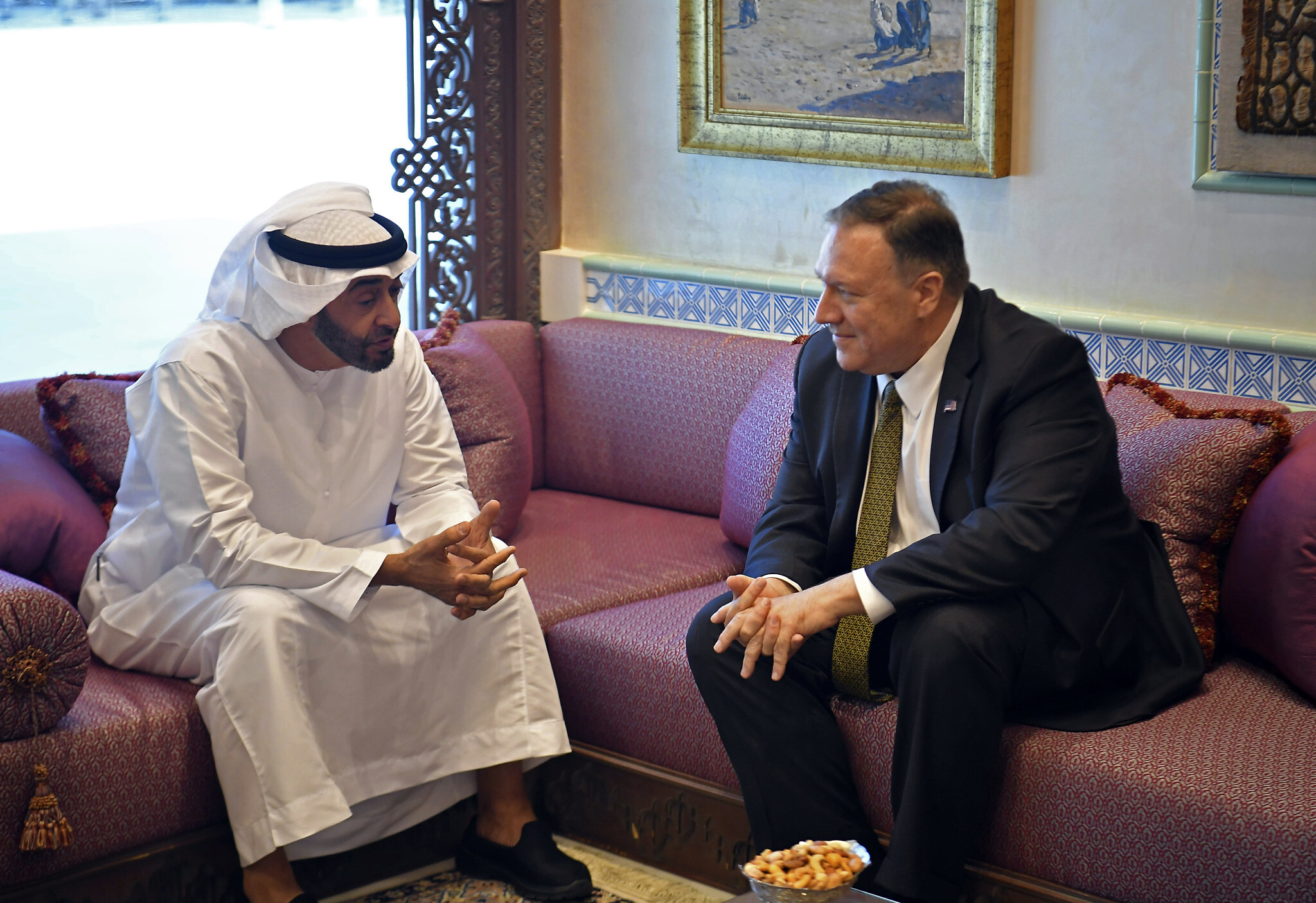
28.10.2020
13:50 PST
SF Bay Area, CA – Significantly, the UAE has made strides with improving relations with Israel which weighs with future US troop withdrawal plans in the region. Politically, Israel has drafted a normalization plan that encircles Saudi Arabia with a US-led military alliance that profits from war crimes and crimes against humanity. Actively, the US and Israel have been rebuked for economic terrorism as the region encounter newer threats of sanctions and military action by the US and its allies. Hence, growing relations between the UAE and Israel reflect a deepening reliance on US military troops in the region for peace in Israel to persist.
DETAILS TO FOLLOW
 Turkey at Odds to NATO Defense Strategy
Turkey at Odds to NATO Defense Strategy 
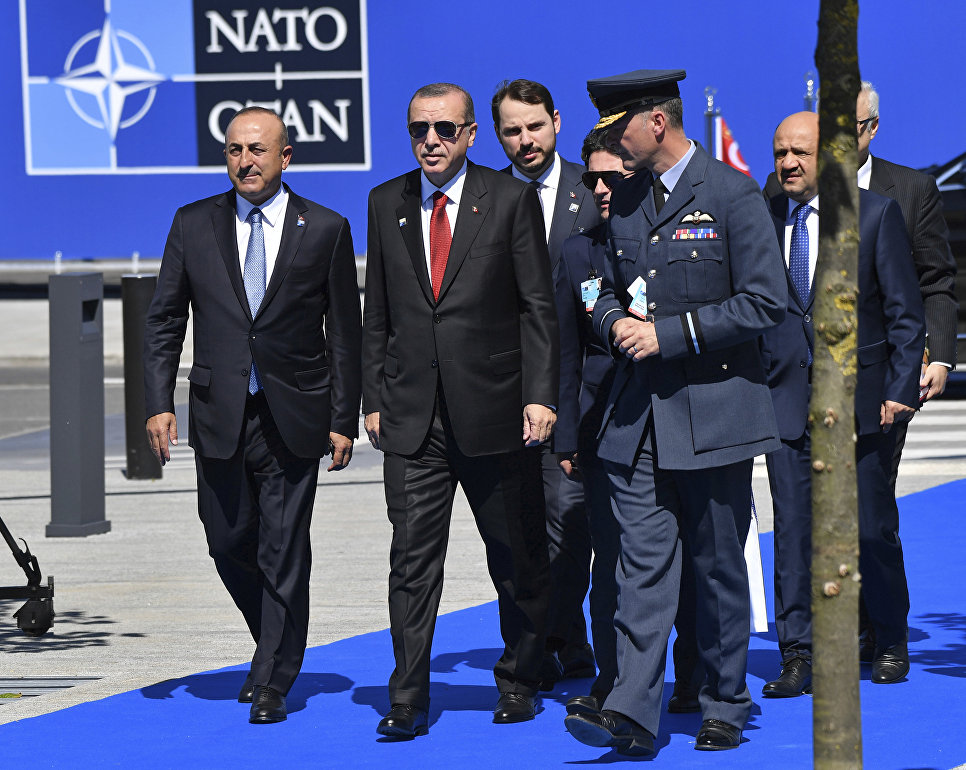
31.10.2020
12:23 PST
SF Bay Area, CA – Violently, Syria is erupting deeper into territorial clashes with Turkey as NATO's defense strategies fall short over Saudi Arabia. Additionally, Syria vows to uphold its constitution against Western led forces which are staging several economic attacks in the region. Keenly, Russia's President Vladimir Putin expressed to Turkey's President Recep Tayyip Erdogan the importance of military prudence in establishing regional stability. Pubicly, the Kremlin released a statement stating each side "noted the importance of joint efforts to implement the existing agreements on stabilization in Idlib and the Trans-Euphrates area." Furthermore, the statement indicated, "The leaders also exchanged opinions about political settlement in Syria, including with the assistance of the Astana process guarantor nations."
Productively, the Astana peace process includes military integration between Turkey, Iran and Russia which demonstrates major economic potential for the region. Yet, the Astana peace process inhibits the West with expansion into Eastern Europe as Turkey becomes a major ally to Russia.
Frantically, US troops are infiltrating the war against Daesh with smuggling oil in tankers with conveys leading to Iraq. Aimlessly, the situation for the US is based on challenging Turkey's committment to NATO. Likewise, the Astana peace process flexes military hostilities toward NATO and also is linked to both the Yemen-Saudi Arabia and Nagorno-Karabakh conflicts. Effectively, Russia and Turkey are heavily supportive of an economic roadmap for the region to alleviate the crisis in Libya. Gradually, the two nations are organizing the process for intra-Libyan reconciliation talks which further isolates Turkey from NATO's defense strategy.
 Afghanistan and China Accelerate Open-Data Integration
Afghanistan and China Accelerate Open-Data Integration 
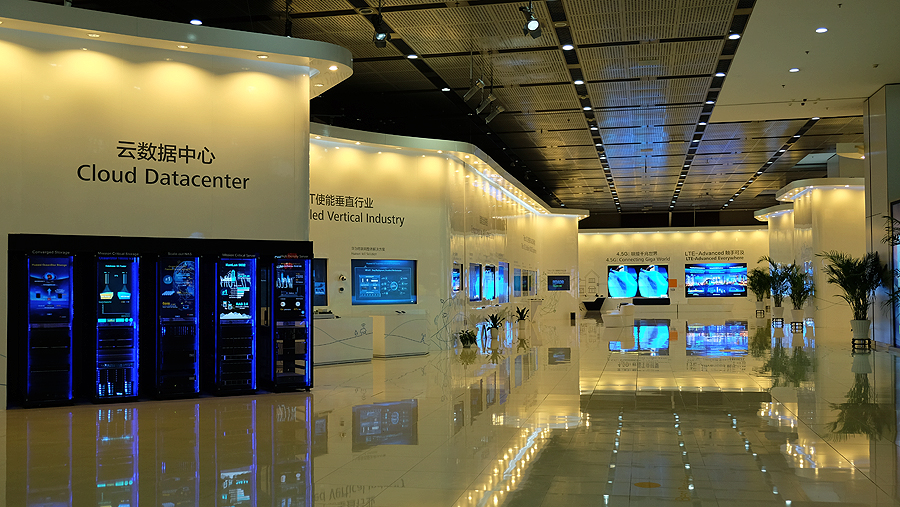
31.10.2020
12:41 PST
SF Bay Area, CA – Vitally, Afghanistan is making significant progress in achieving military research and development with China and neighboring Pakistan on open-data systems. Particularly, Afghanistan and China have identified major areas for economic expansion from integrating open-data systems on the New Silk Road and Economic Belt. Similarly, Pakistan has pledged to invest with Afghanistan on key industries to expand new open data systems and perpetuate regional economic expansion. Accordingly, peace talks between the Afghan government and the Taliban have stalled as a rampart of violence aimed to eliminated pro-US sentiment persist. Increasingly, Afghanistan remains ready for the total withdrawal of US troops while the Taliban objects resistance.
Promptly, the Afghanistan government has intervened in the peace process between the US and the Taliban which has the attention of several nations. Apparently, Afghanistan's High Council for National Reconciliation noted that Qatar, Germany, Norway, Indonesia and Uzbekistan were novice towards demands from the Taliban on peace talks.
Attractively, Afghanistan's links with China to an open-data driven platform includes a reporting system that expands security while propelling growth. Likewise, Afghanistan's Ministry of Mines and Petroleum (MOMP) has established a transparent portal to expand limits in production which seals from US trade restrictions. Notably, Afghanistan's President Ashraf Ghani mentioned, "Every citizen has the right to know who is developing the country’s natural resources and how the government is managing the revenues from these industries on their behalf." Immediately, Pakistan noted that Afghanistan has an "historic opportunity" as open-data systems pave the future for economic expansion.
[Top]

![]()
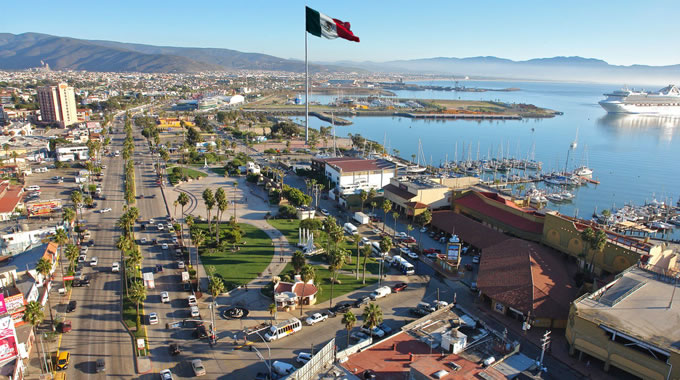
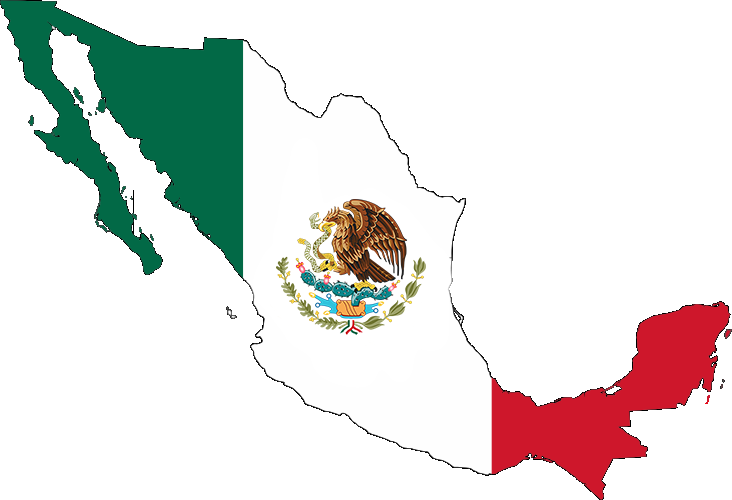

 Region 4 - Western Division (Tijuana)
Region 4 - Western Division (Tijuana) 

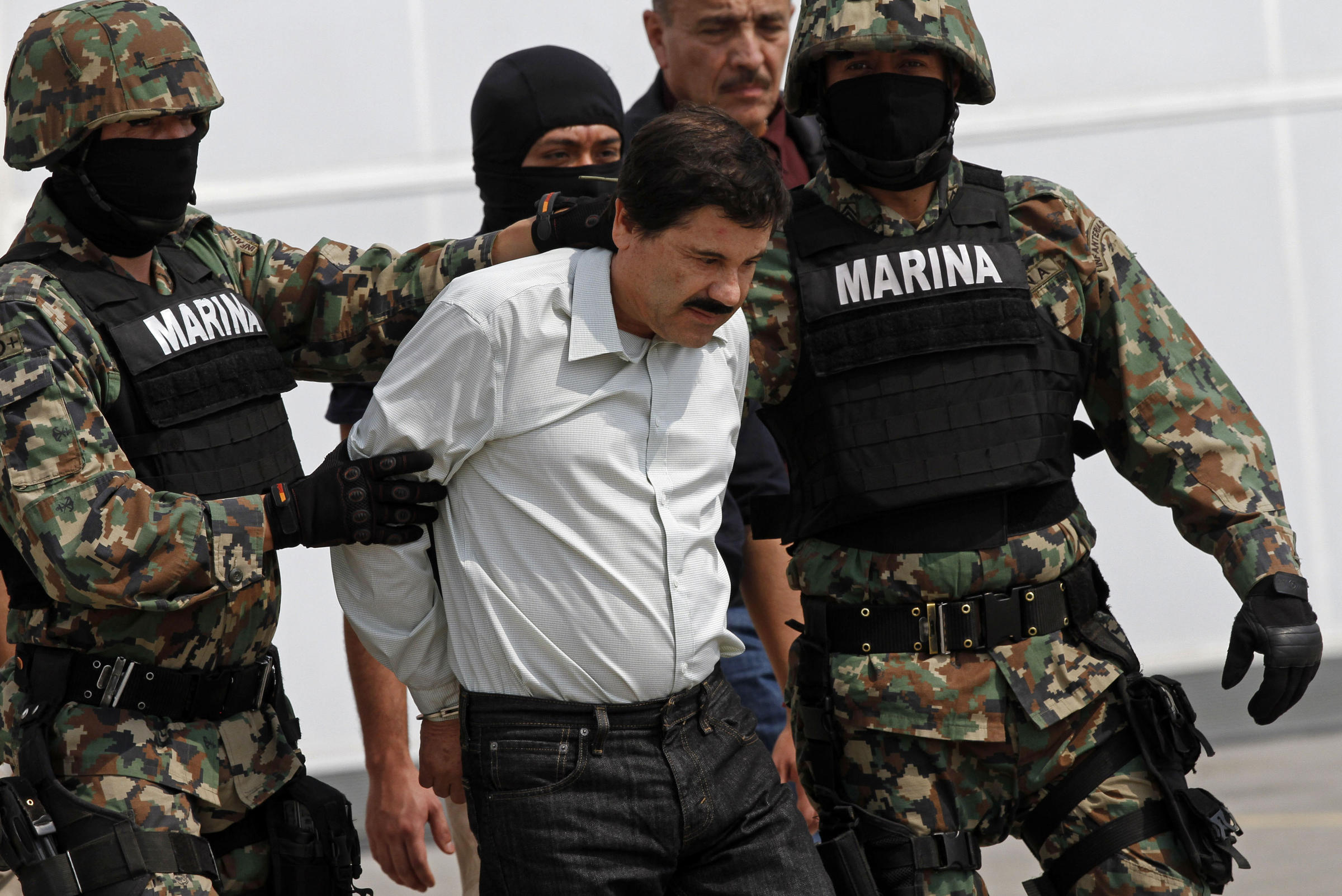
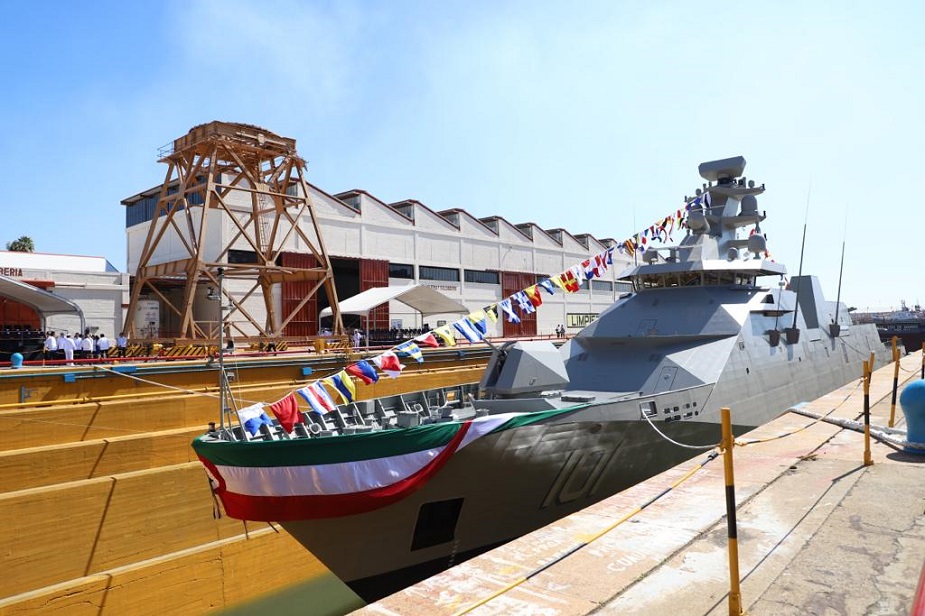
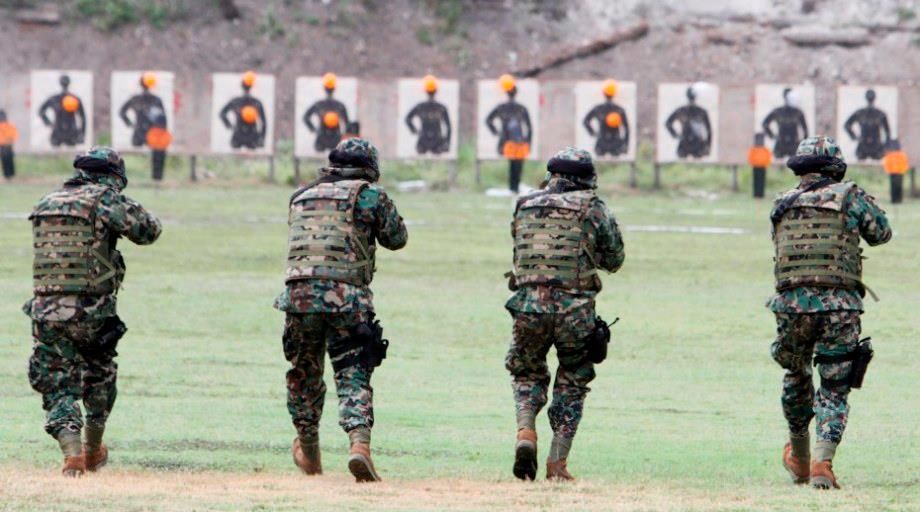

|
|
  |
|
  |
|
 Mexico Plans for Extensive Military Analysis
Mexico Plans for Extensive Military Analysis 
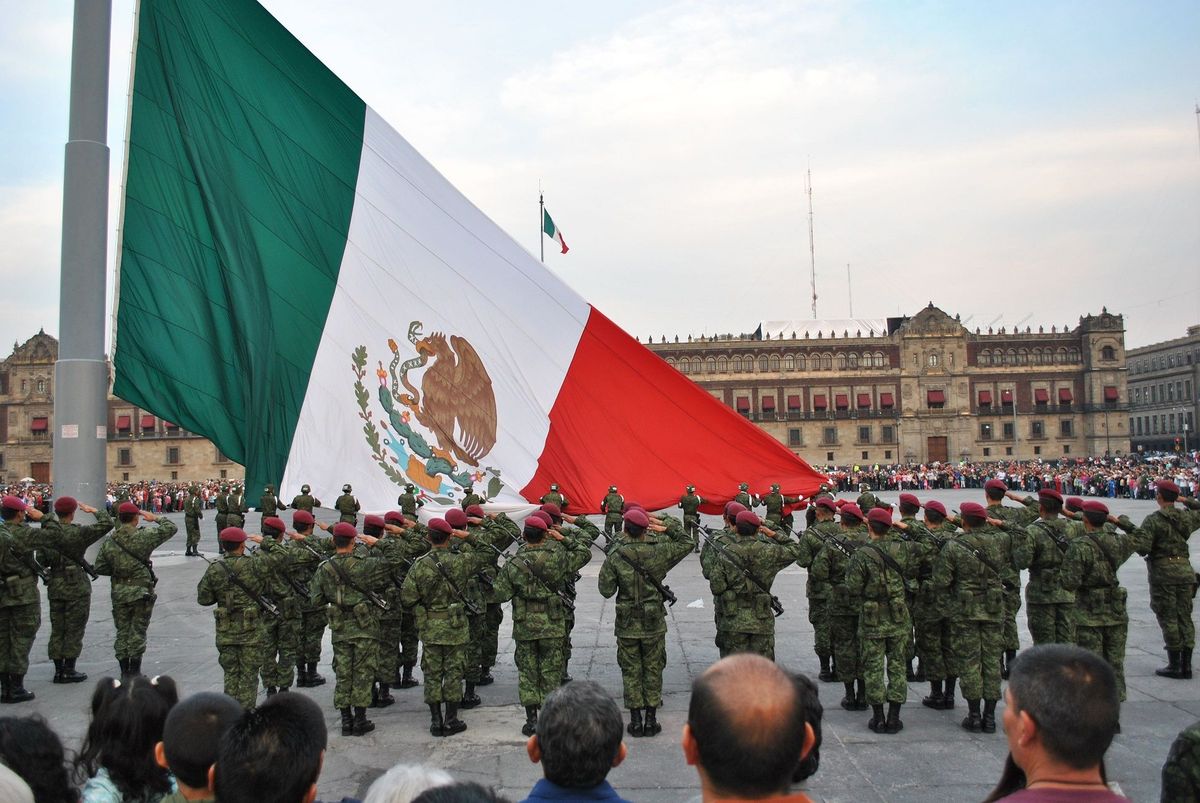
01.11.2020
20:20 PST
SF Bay Area, CA – Nationally, Mexico is gearing up for a major economic expansion stemming over development from its National Bank of the Army, Air Force and Navy. Adeptly, Mexico has planned for an extensive military analysis to increase financial readiness and economic vision for its military as part of its national interest. Moreover, Mexico's government has established a roadmap for building the necessary infrastructure to divert away from the fragile limits behind the US trade war with China among other hurdles. Meticulously, Mexico's National Development Plan (NDP) initiates the development of a Special Climate Change Program (PECC) which generates international trade ahead of global warming trends.
Readily, the military analysis allows for the establishment of various programs including trade initiatives which integrate the National Bank of the Army, Air Force and Navy to various economic institutions. Additionally, the analysis assists with determining the initial investment for expanding new programs.
Keenly, Mexico's government has developed a strategy to raise investment into the National Bank of the Army, Air Force and Navy as demand for new technology grips our society. Extensively, the future in telecommunications, mass transportation and public health are major elements included in the military analysis which sets the stage for modern expansion. Likewise, access to funds from electronic and mobile banking becomes a leading factor with new investments in the National Bank of the Army, Air Force and Navy. Primarily, Banjercito is the development bank designed to facilitate the results of the military analysis from Mexico's National Bank of the Army, Air Force and Navy.
 Mexico's Middle Class is Vanishing
Mexico's Middle Class is Vanishing 

01.11.2020
19:01 PST
SF Bay Area, CA – Moderately, Mexico's middle class is disappearing from the decline of national security threats linked to the war on drugs among other hardships. Strictly, Mexico's lead party MORENA is brokering an advanced society that overshadows the COVID-19 pandemic which peddles the social middle class. Particularly, MORENA is a major advocate for mass media productions which propagate economic resilience beyond the diminishing war on drugs. Importantly, MORENA is shifting leaders into diverse positions which facilitates economic momentum in the state for the region. Significantly, MORENA has established various social programs to improve low-income citizens' quality of life.
Directly, Mexico's National Center for Control of Energy (CENACE) is empowered with ensuring quality economic expansion as development of energy transmission networks into the US have launched. Effectively, energy security increases the pace for social development.
Accordingly, enthusiasm and interest for Project 4T has surged in Mexico which is designed to accelerate MORENA with its national agenda. Robustly, past president for MORENA Delgado Carrillo stated, "We are ready for this new stage. The bed of Brown [MORENA] is in good hands and we're going to work together and co-ordinated the project of nation to continue paying off and the Fourth Transformation is a reality for many years." Objectively, MORENA has also made reforms to the Health Fund to improve the state of public health which also weighs on economic expansion. Hence, the foundation for expanding environmental, economic, social and cultural affairs beyond the limits of the social middle class is evident with Project 4T.
 Mexico Shields IDB from US Elections
Mexico Shields IDB from US Elections 
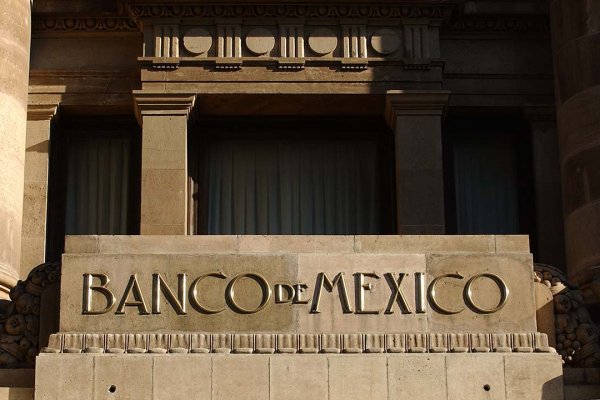
03.11.2020
11:08 PST
SF Bay Area, CA – Modishly, Mexico and Argentina held positions to delay the meeting of the Inter-American Development Bank (IDB) until after the US election as economic tensions in the region flare. Therefore, the IDB's new US chief faces a setback with the selection of vice-presidents while fears of momentum for the US dollar emerges. Fundamentally, the next meeting of the IDB may be delayed for three months to ensure an adequate reserve is established for the institution. Politically, the IDB's new native-US President Mauricio Claver-Carone is a former top advisor to US President Donald Trump and faces major issues after the election as lending practices are scrutinized.
DETAILS TO FOLLOW
[Top]

![]()

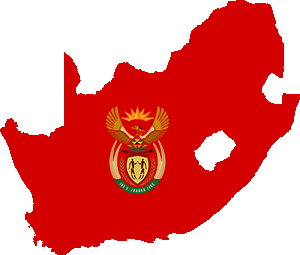

 Region 5 - Central Division (Johannesburg)
Region 5 - Central Division (Johannesburg) 

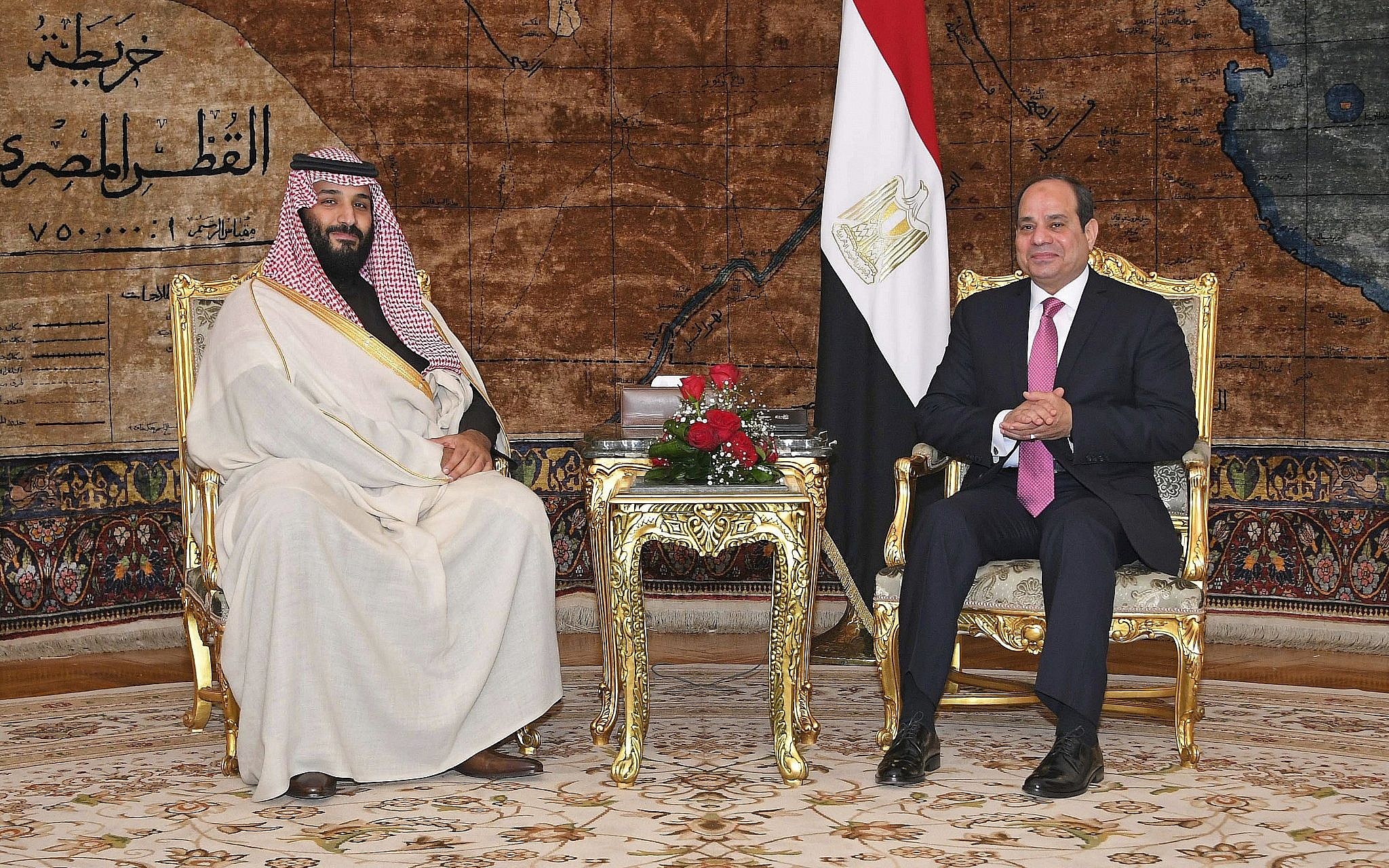
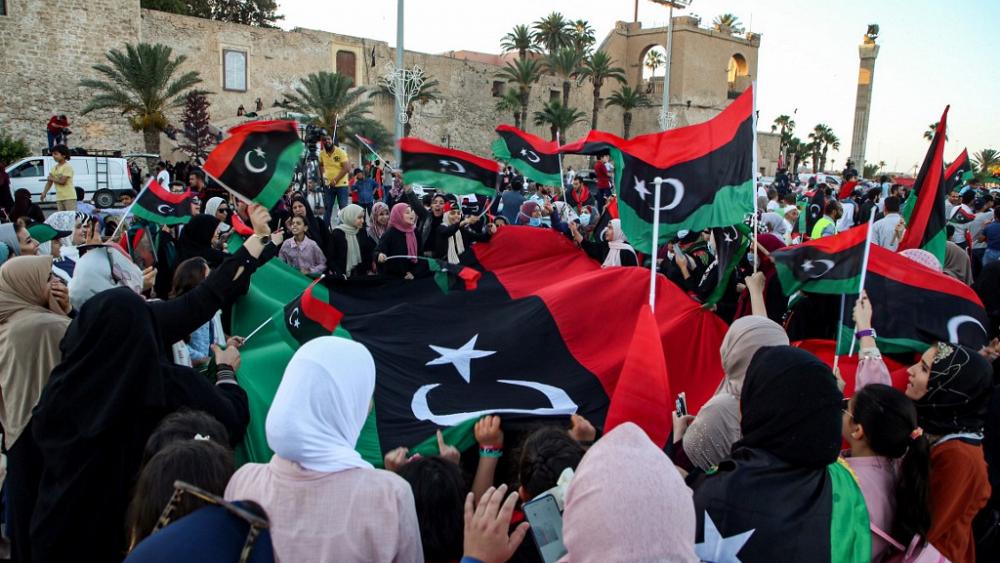
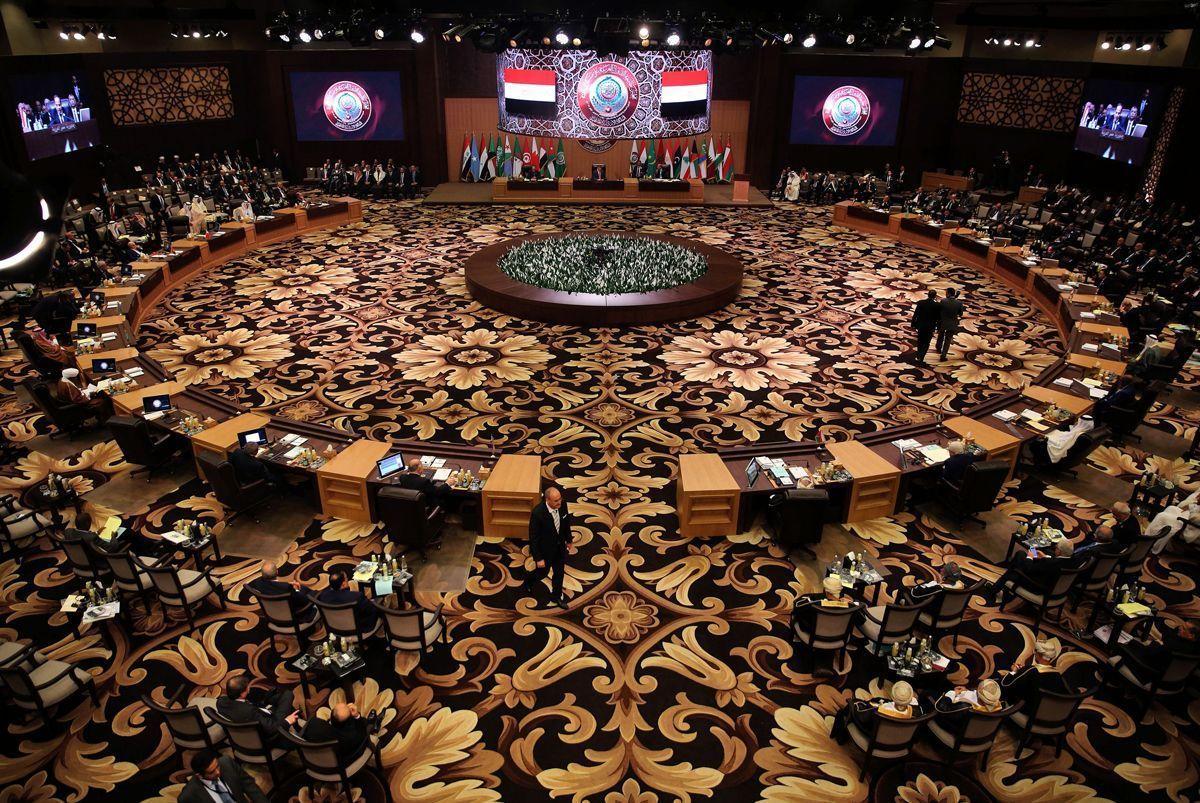

|
|
  |
|
  |
|
 Egypt Readies for Western Populism
Egypt Readies for Western Populism 
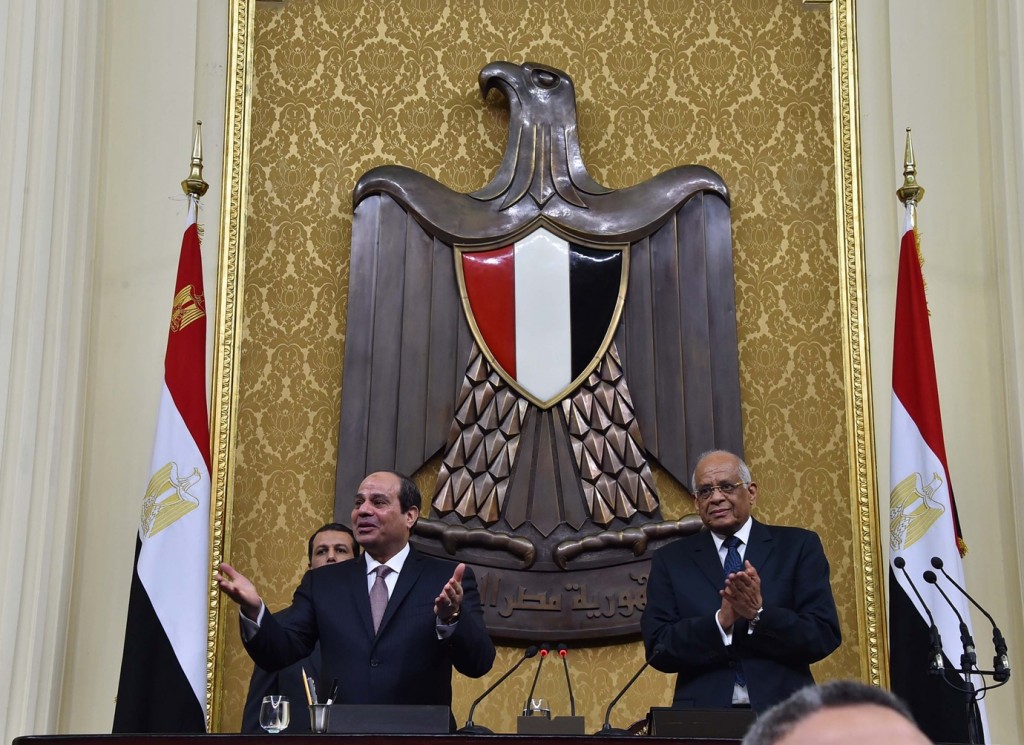
03.11.2020
14:58 PST
SF Bay Area, CA – Vastly, Egypt is prepared for another decade of Western political populism which is building tensions over US economic terrorism in Iran, Russia and China among other nations. Readily, Turkey has shifted sentiment for Europe's leaders over Islamaphobia while Egypt props up for US foreign policies geared towards Zionist Imperialism. Assertively, Egypt's President Abdel-Fattah El-Sisi and German Chancellor Angela Merkel held talks to address mounting regional tensions over radicalism, extremism and terrorism. Politically, Western populism has been identified as a major factor for the crisis in Libya which is fueled with foreign fighters from the West.
Acutely, Egypt has deepened its oversight of the Libyan crisis as Western populism is directed towards NATO's influence in Eastern Europe. Silently, economic recovery in the region instigates the Libyan crisis which impacts Turkey's role in Syria.
Uniquely, military drills with Egypt and NATO signal a rapid decay to regional security which alleviate issues over Turkey's military intervention in Syria. Precisely, the French Navy is accelerating training with Egypt's F-16 fighters to support US ambitions on the Persian Gulf as the war in Syria weakens recovery efforts. Hence, efforts to strengthen Western populism with NATO is intensifying widespread military tensions over economic recovery in the region. Massively, a surge in violence from violations of ceasefire agreements established throughout the region are pegged to the expansion of Western populism. Rigidly, US troop support for Turkey sets limits on military tensions over the expansion of Western populism which is at peak.
 Kenya Boosts Food Security Plans During Pandemic
Kenya Boosts Food Security Plans During Pandemic 

07.11.2020
19:09 PST
SF Bay Area, CA – Robustly, Kenya's Ministry of Health has intensified public awareness and local response to the gripping COVID-19 pandemic with boosting the nation's food security plans. Diligently, Kenya is accelerating plans for a standards training program for young horticultural farmers while building an irrigation farm in Kachoda. Importantly, residence in Uasin Gishu have partnered with non-governmental organizations to generate awareness during the recent rise of the pandemic which devastates health facilities. Effectively, Kenya has integrated public awareness of the pandemic into development of food security plans such as the production of genetically modified maize.
Mainly, young farmers in Kenya are being pruned with learning the export restrictions of the EU as demand for premium food quality emerges with the pandemic. Significantly, new export laws on the EU are designed to accelerate the delivery of goods which impedes recovery from the pandemic.
DETAILS TO FOLLOW
 South Africa Outlines Economic Recovery Plan
South Africa Outlines Economic Recovery Plan 
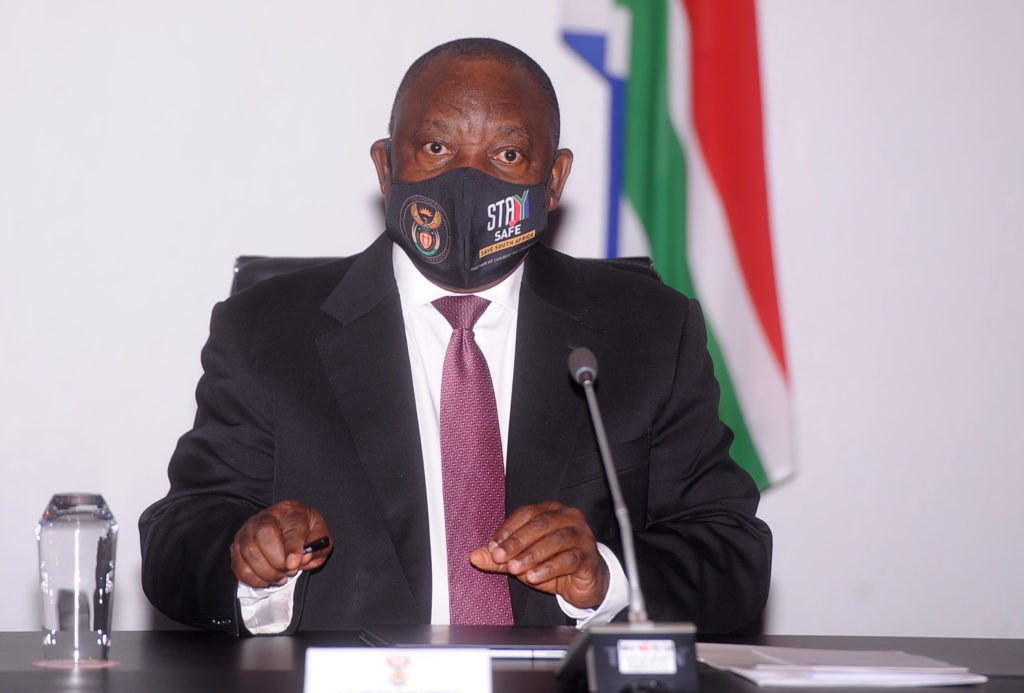
08.11.2020
10:30 PST
SF Bay Area, CA – Productively, South Africa is overcoming the gridlock from the COVID-19 pandemic as innovation, ingenuity and vigilance ensures recovery efforts have a major economic impact. Impressively, several sectors of South Africa's economy has gained momentum since the pandemic started including industries in: food service, venture capital, security and network data, fashion and public services. Fervently, new ventures in South Africa thrive from the development of the Economic Recovery Plan. Nationally, South Africa's Economic Recovery Plan aims to unify from a reduction in expenditures related to public wages while adopting to major reform on government debt.
Fiscally, South Africa's debt-to-GDP ratio is in decline and is expected to fall under 74% for the year 2028-2029. Meanwhile, the nation's state-owned enterprises are restructuring with the rising demand in digital currency.
Distinctly, South Africa's treasury has outlined that the medium term will reflect a transition away from the impact of COVID-19 as debt reduction becomes streamlined. Explicitly, South African President Cyril Ramaphosa’s economic advisory council stated, "Even if it were possible, it may not be desirable to force a drastic contraction of spending while the economy is already being battered by the Covid-19 lockdown." Hence, the impact from recent momentum in entrepreneurship indicate an inclusive growth for South Africa in the mid-term. Likewise, investment in infrastructure while building a smart labor force remains a top priority in the nation. Tenaciously, the economic advisory council recommended that personal income is an area in which a solidarity levy fills the economic void lingering from the pandemic.




